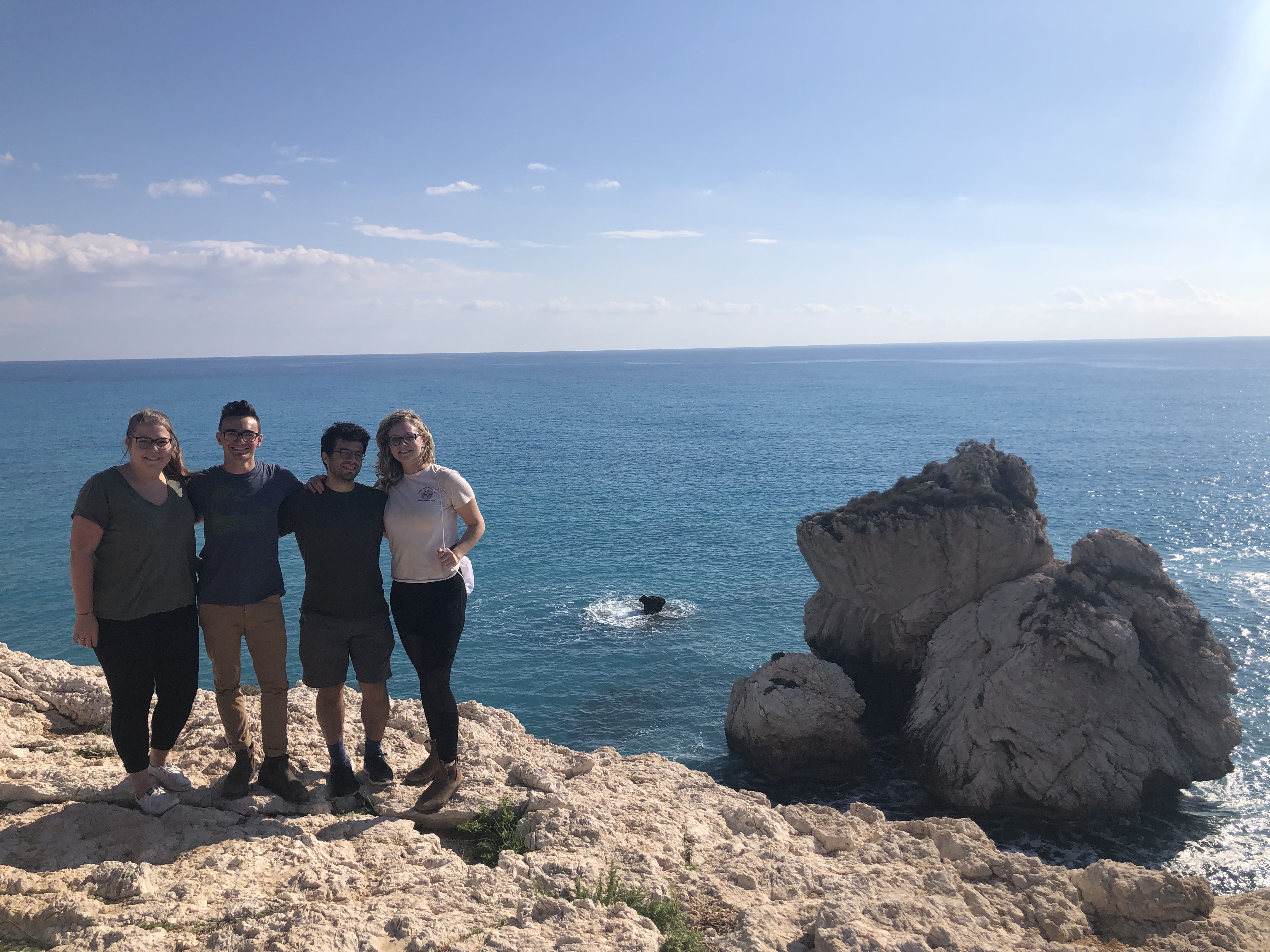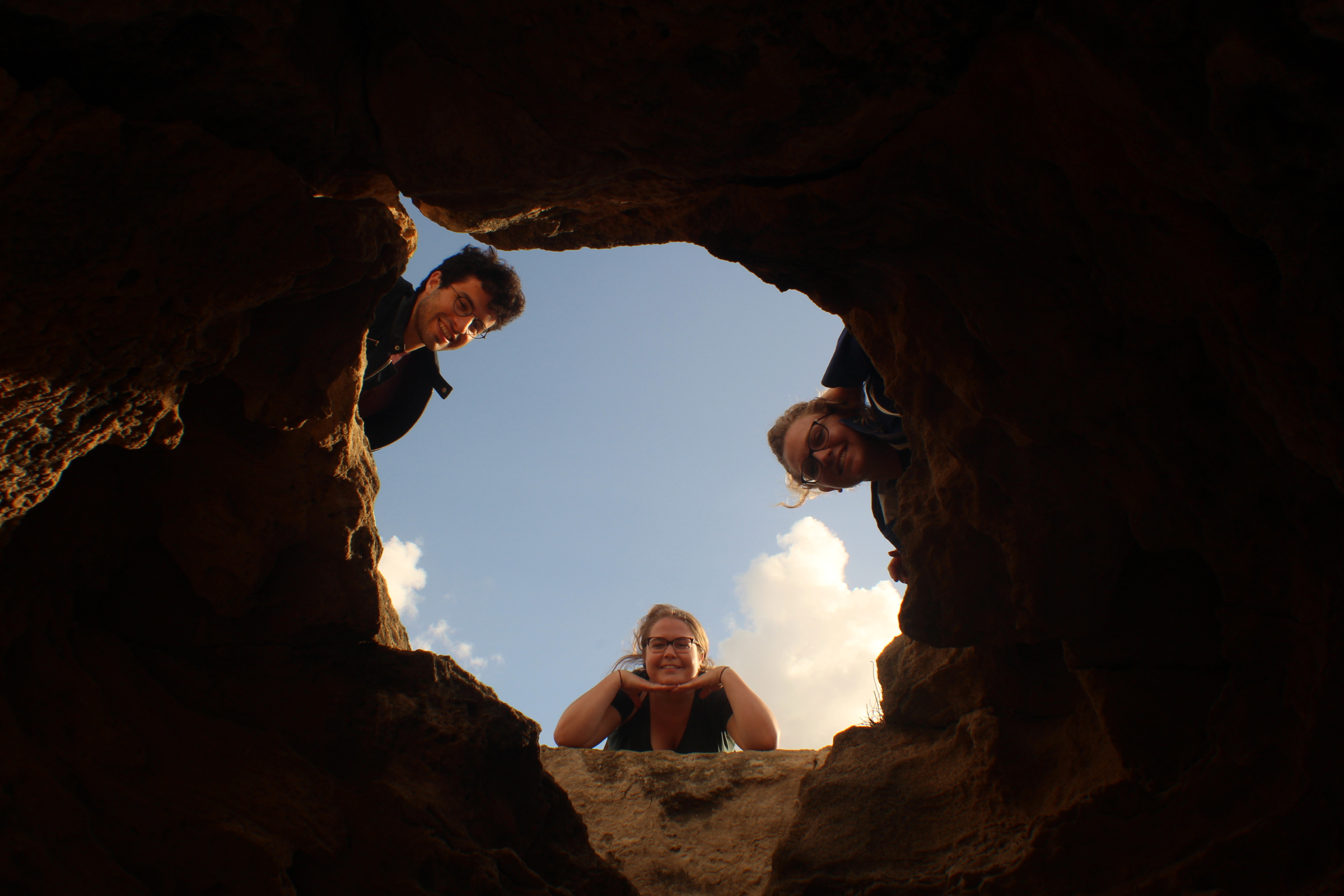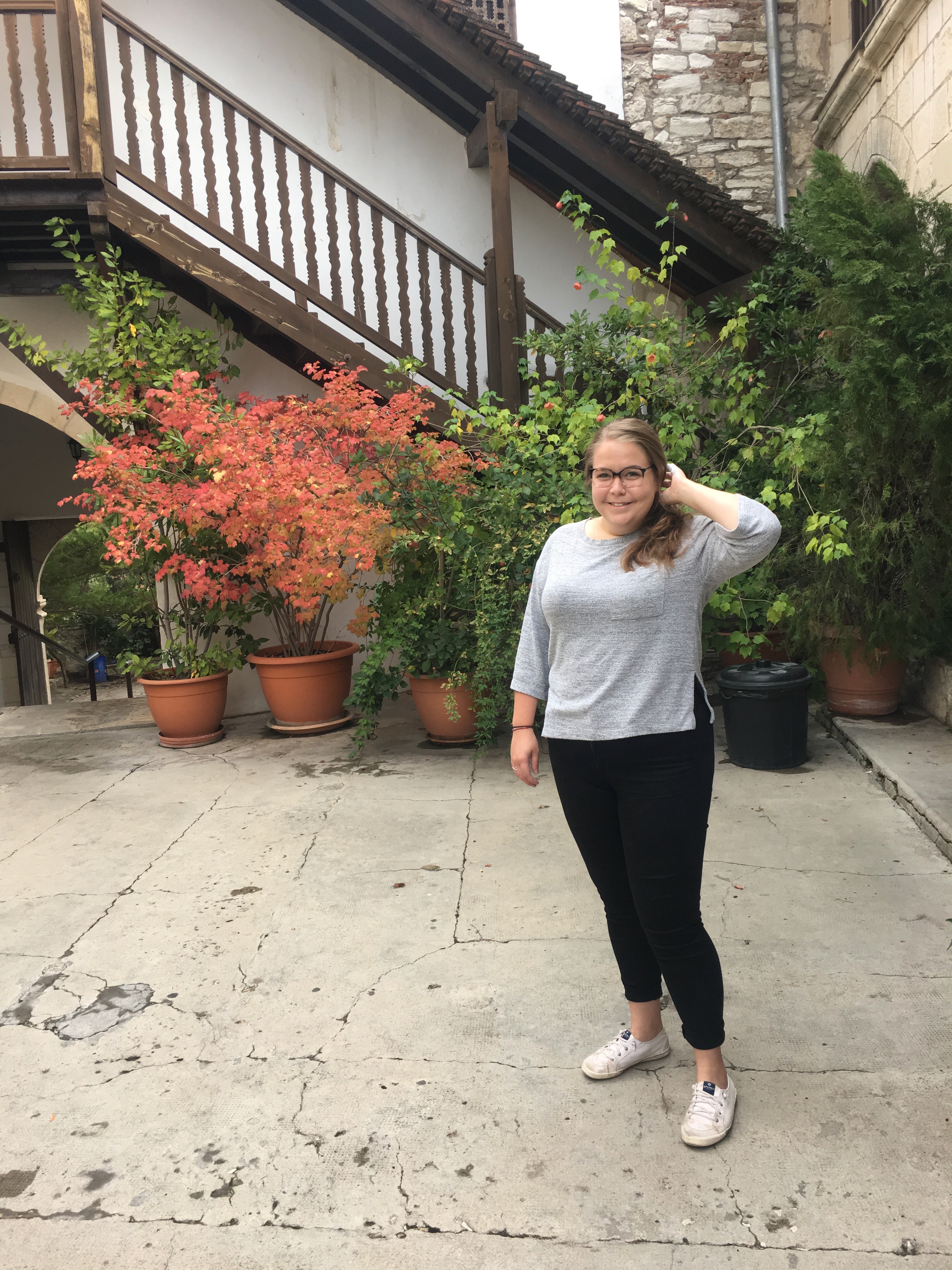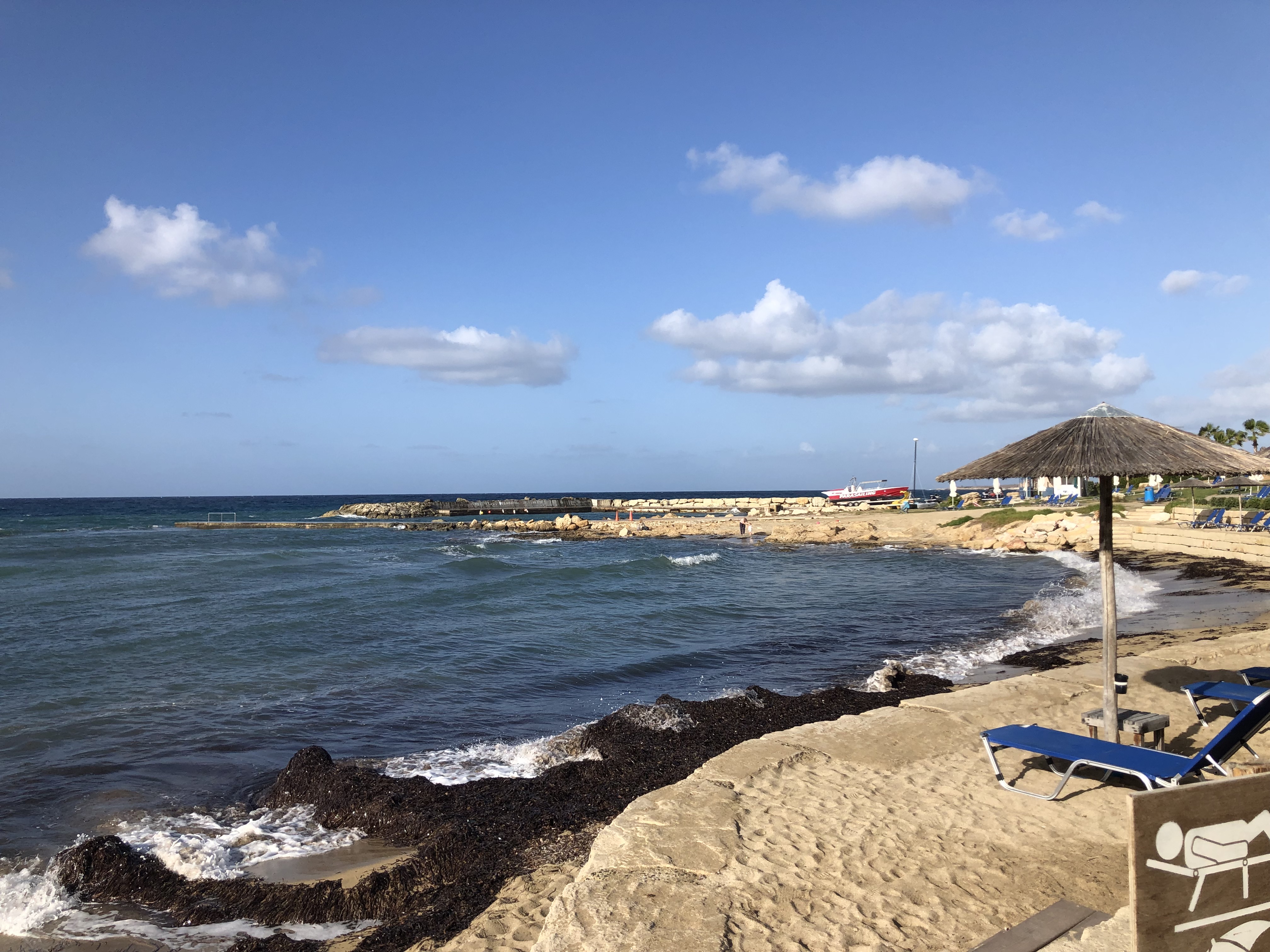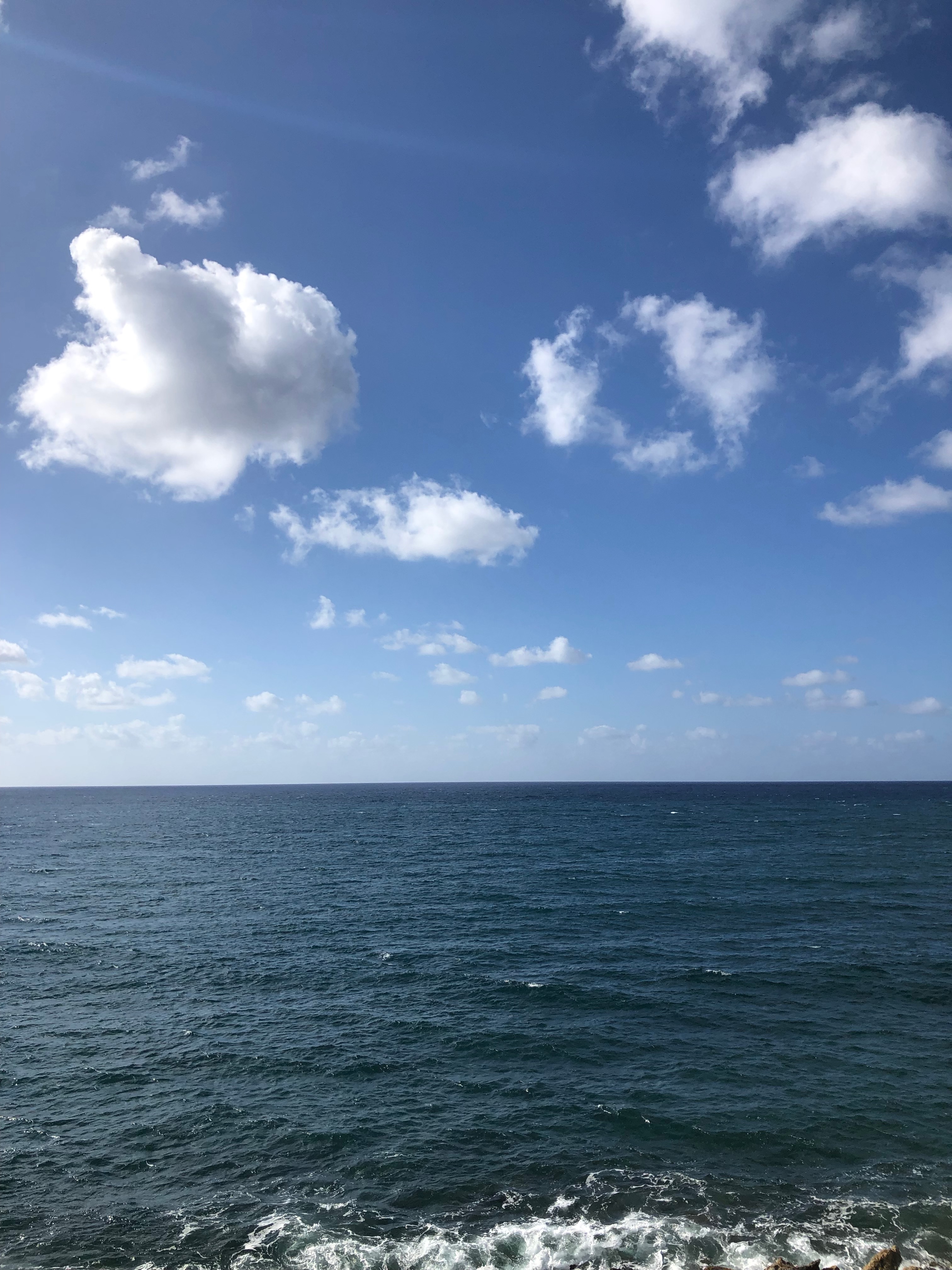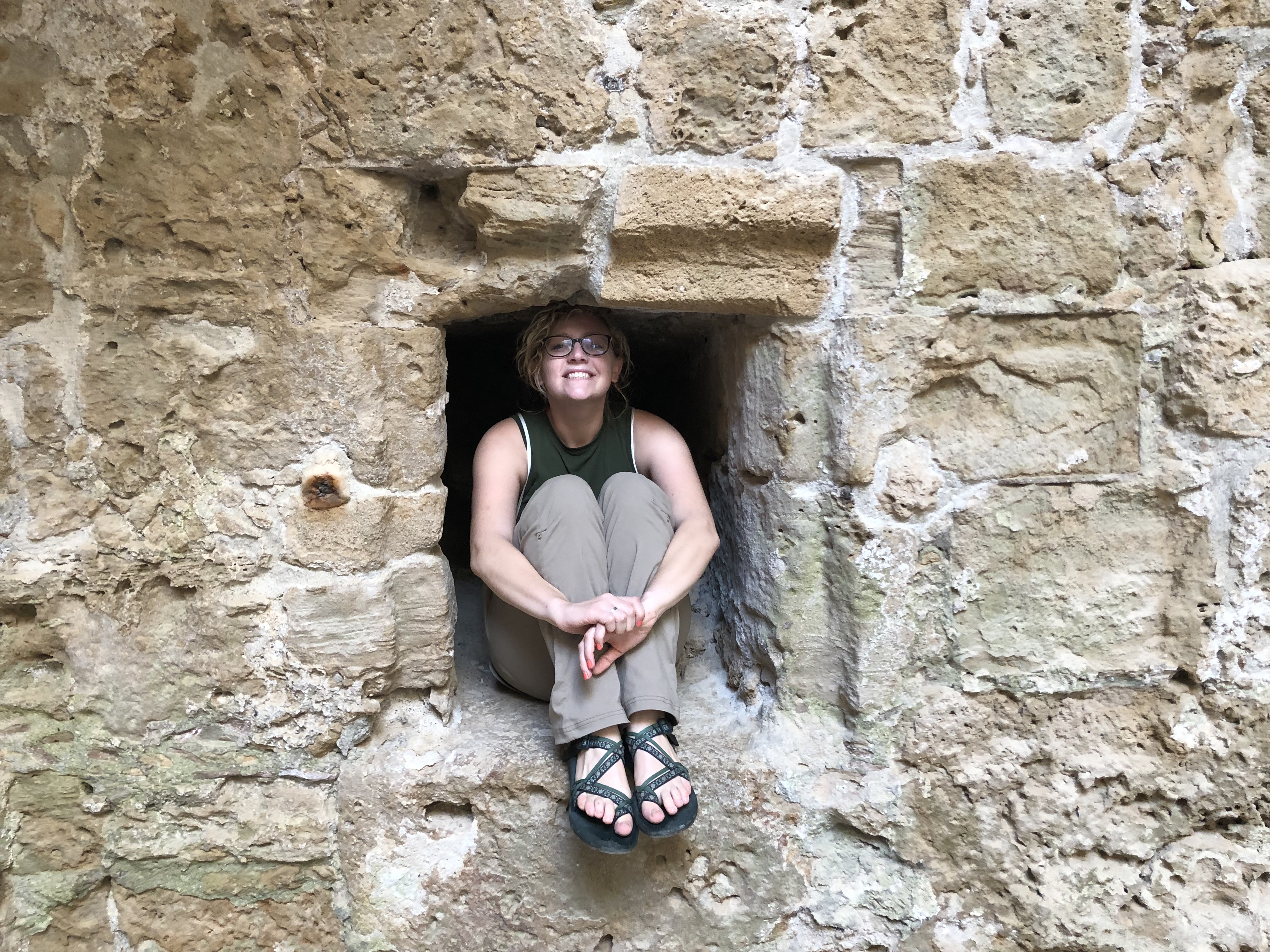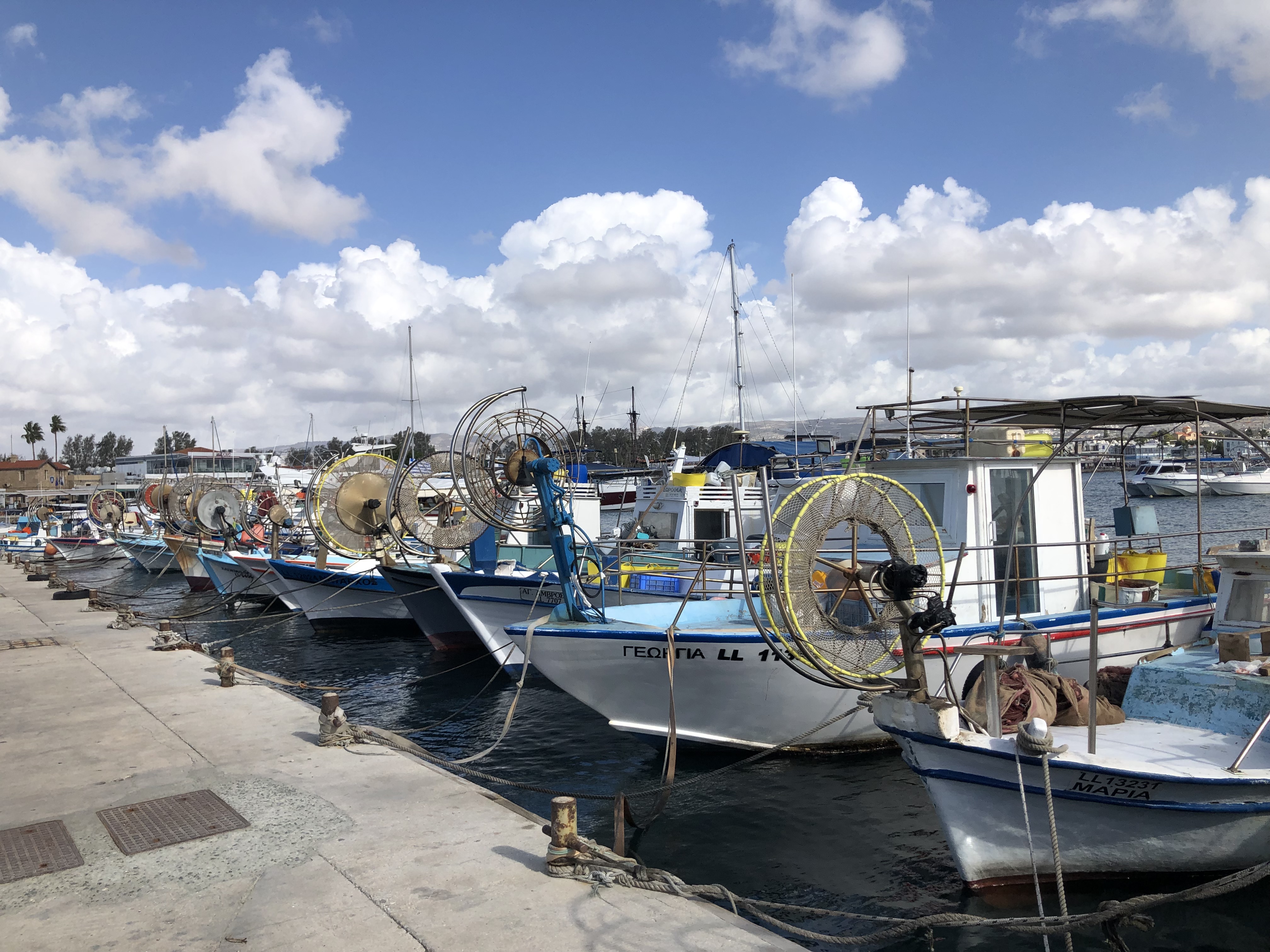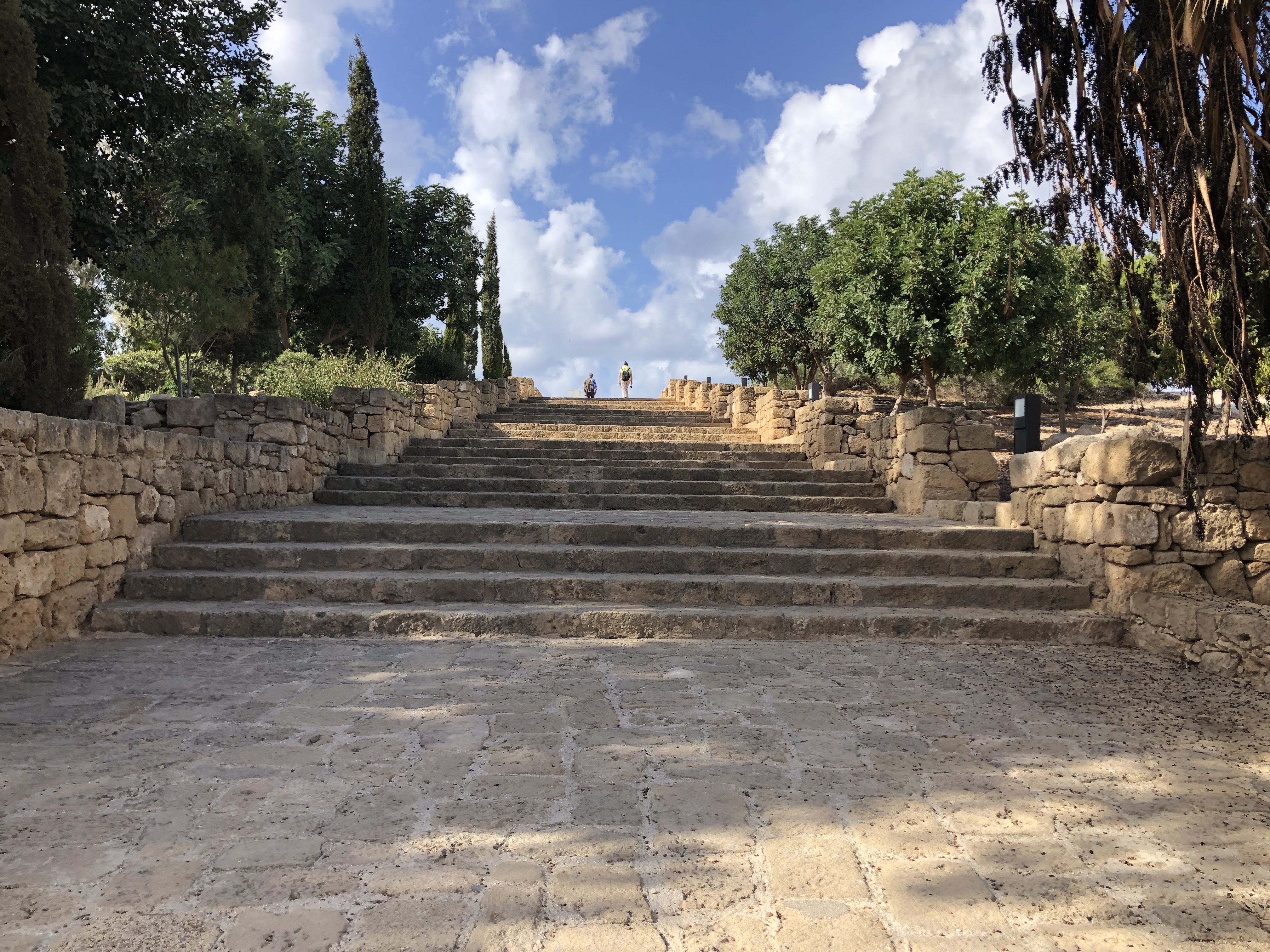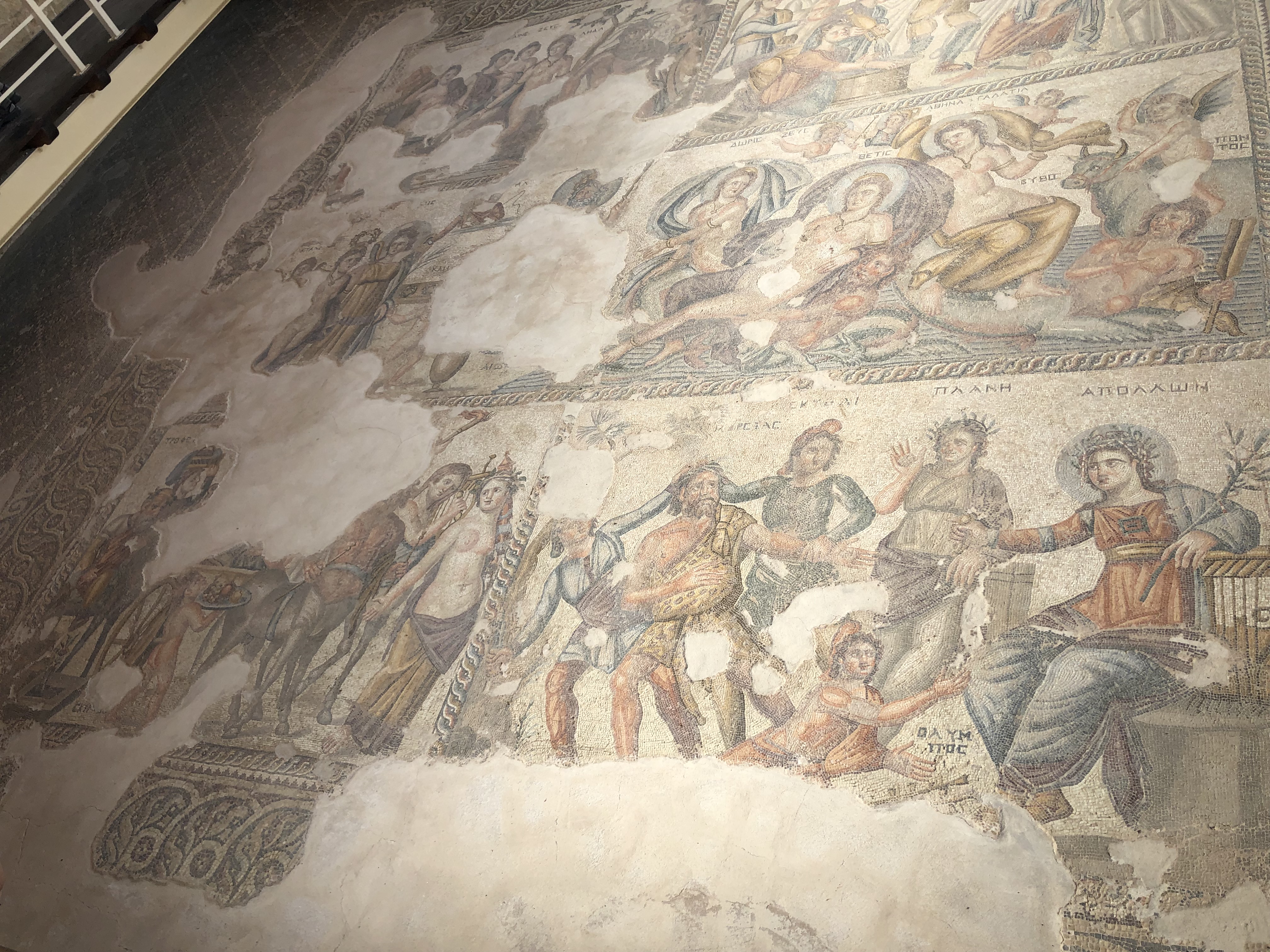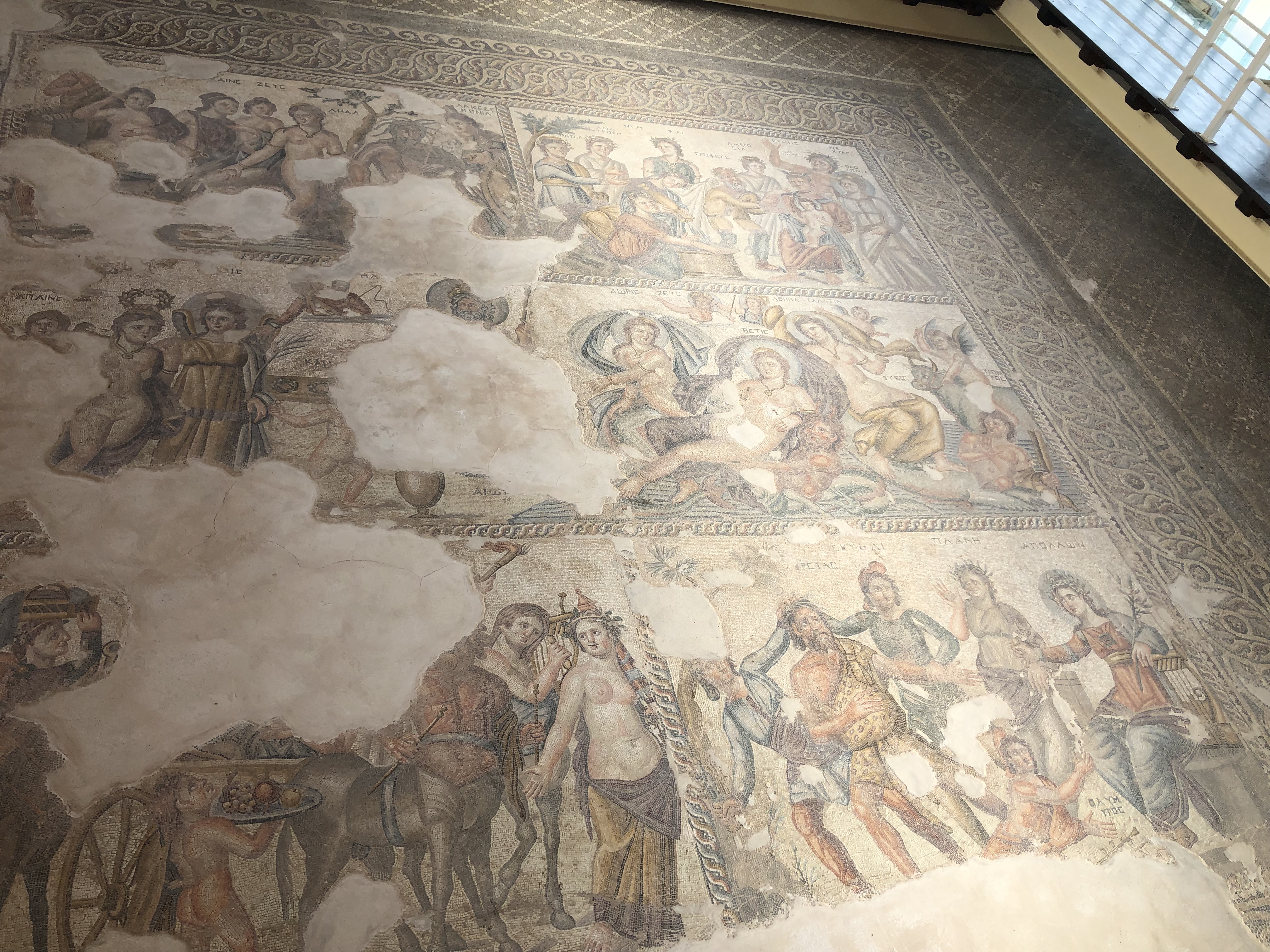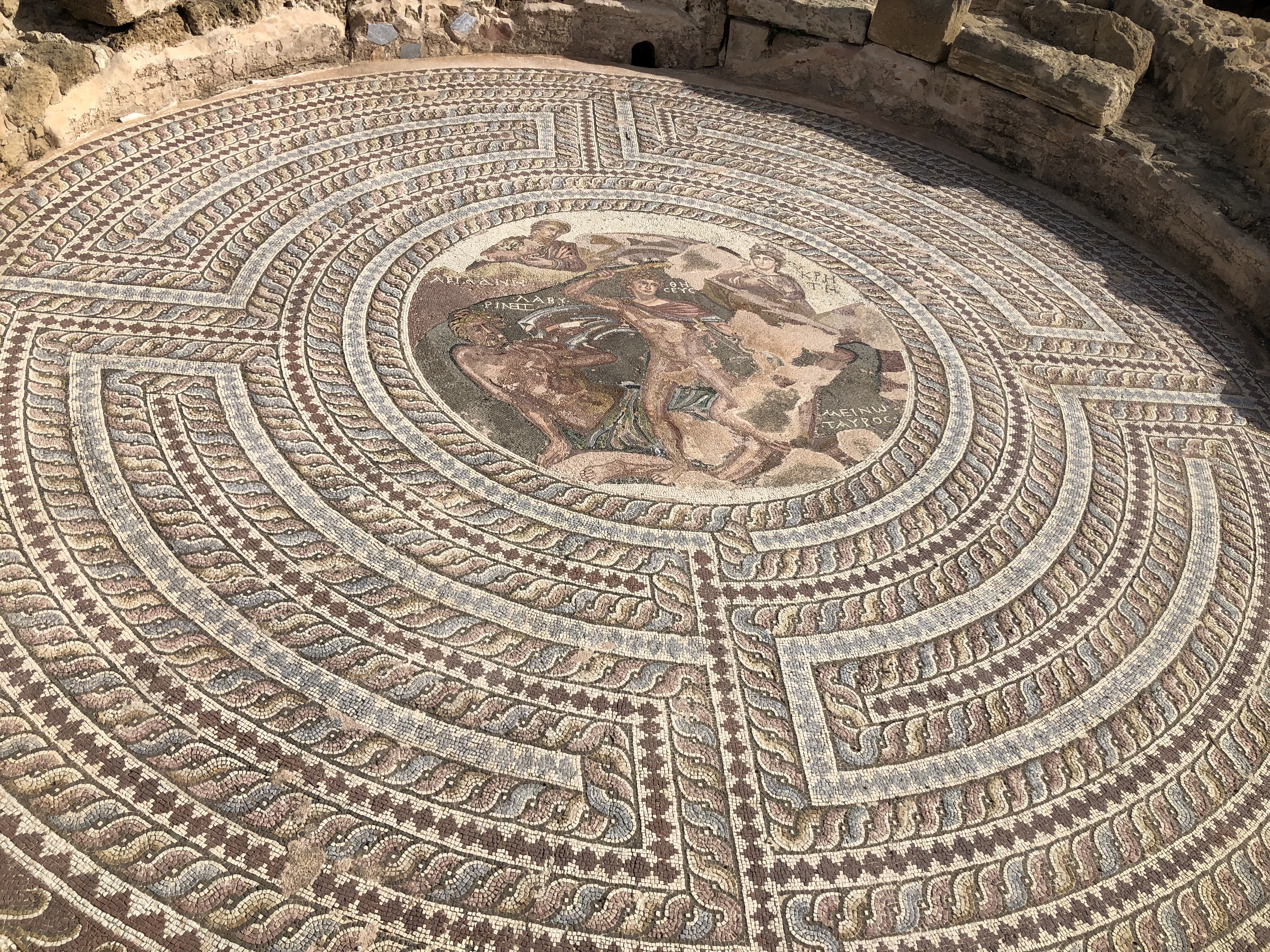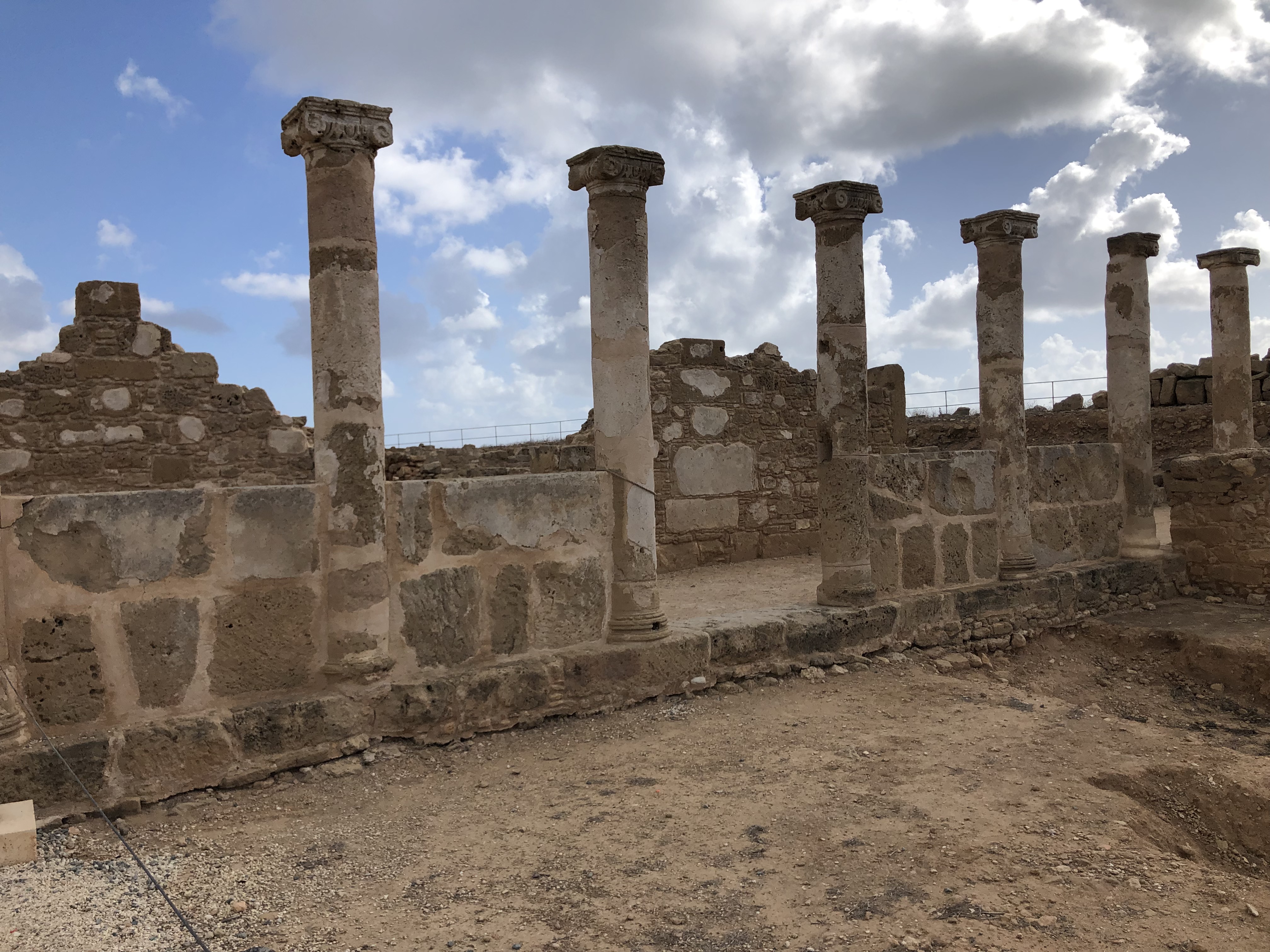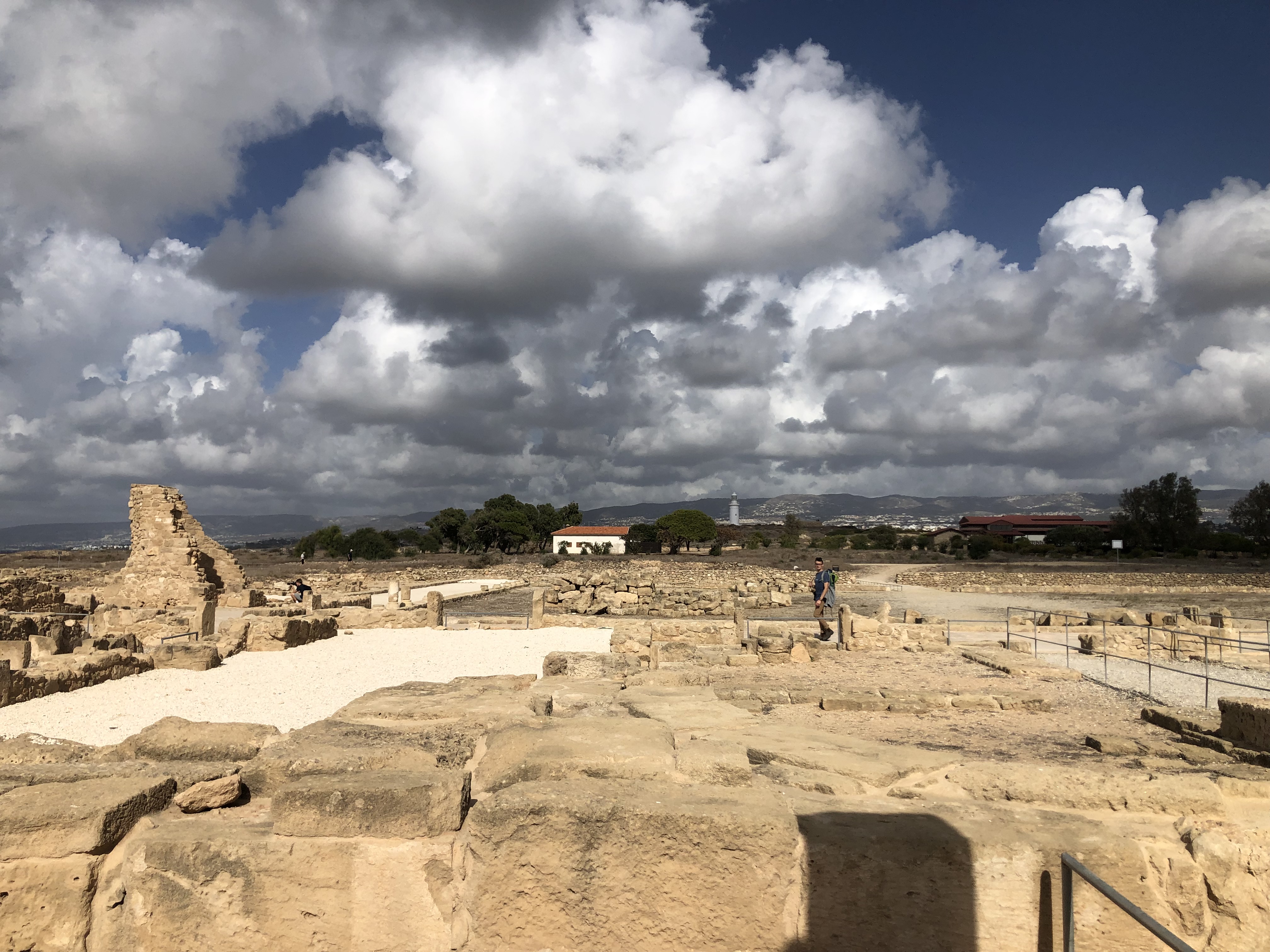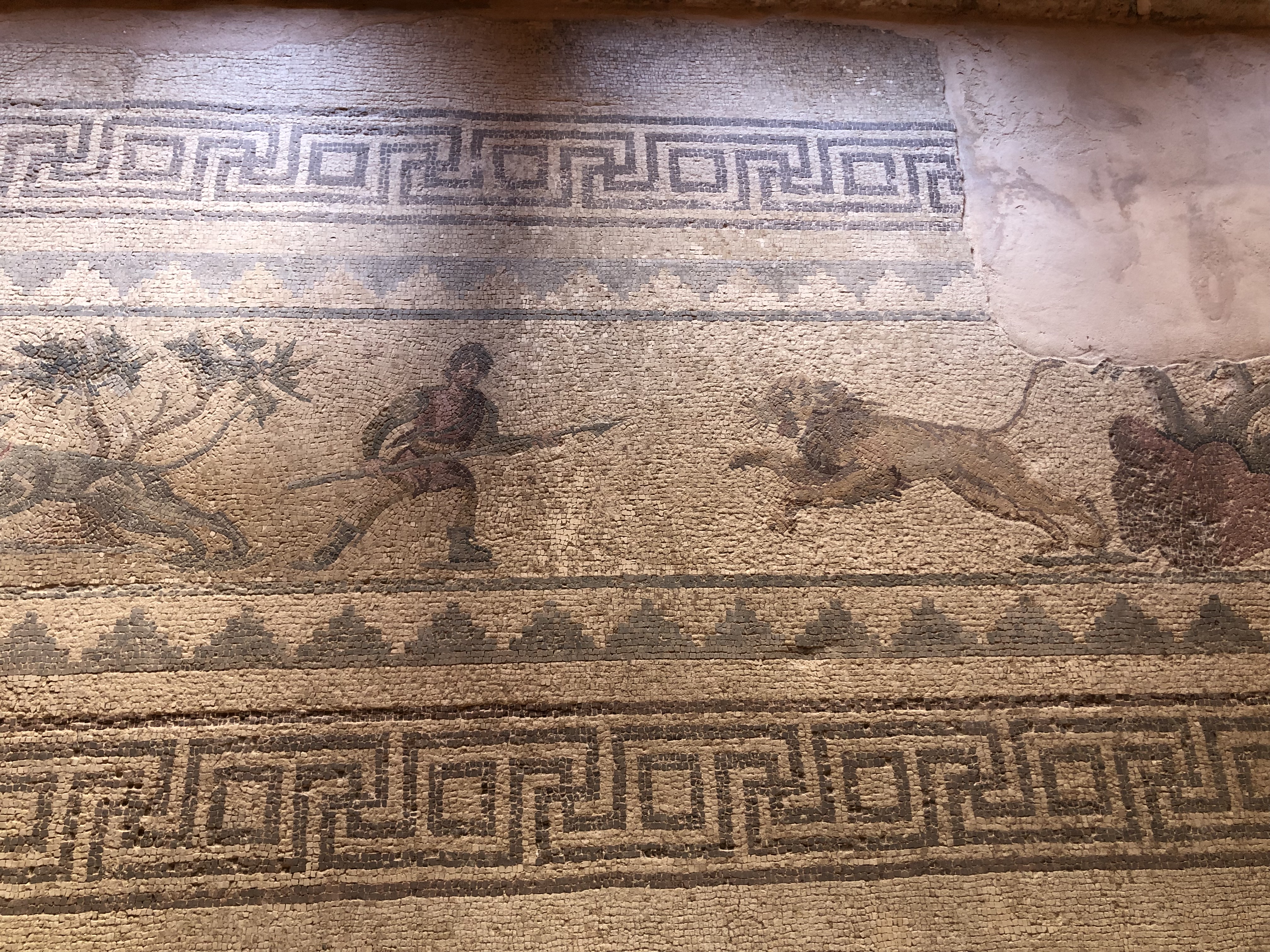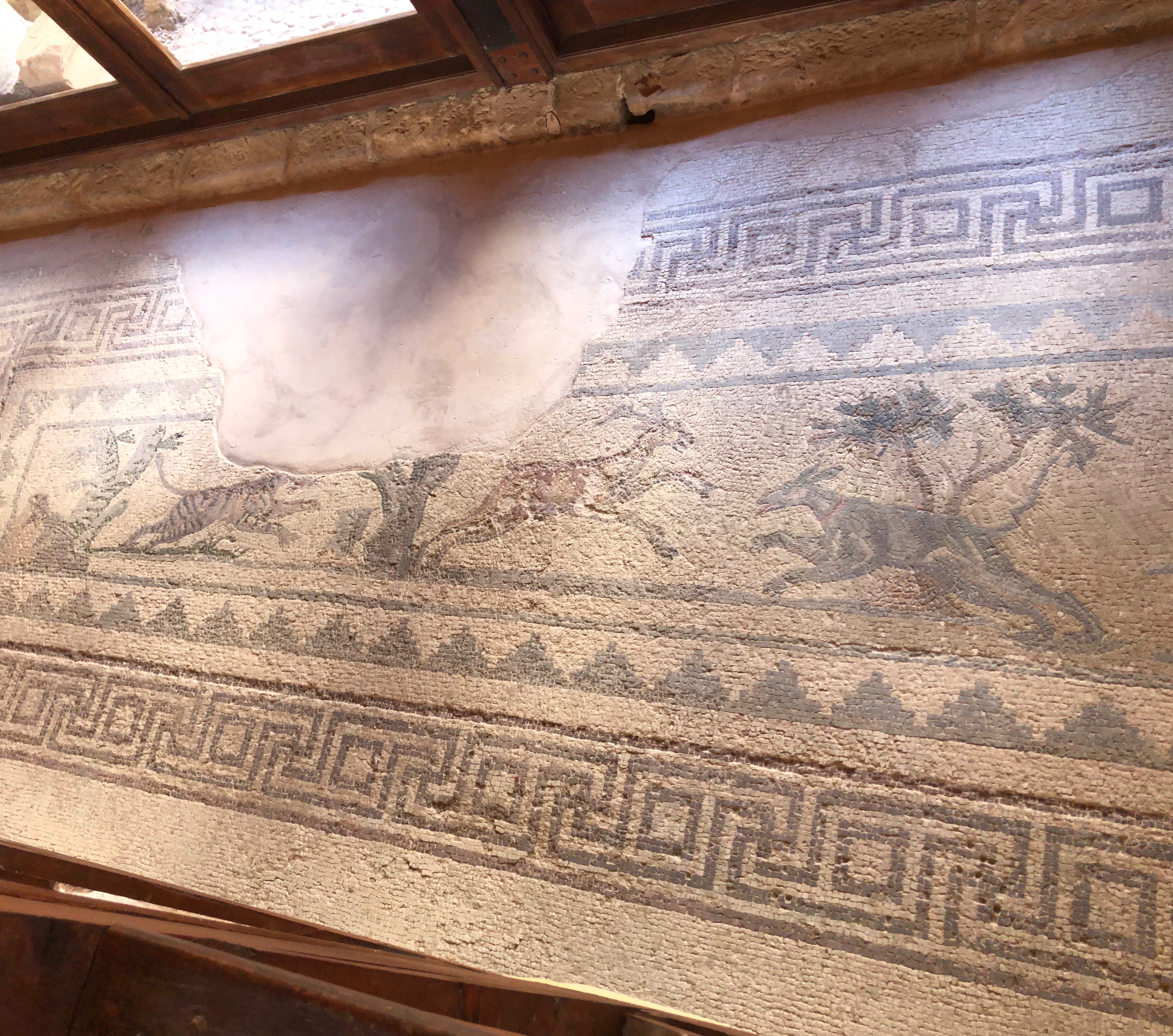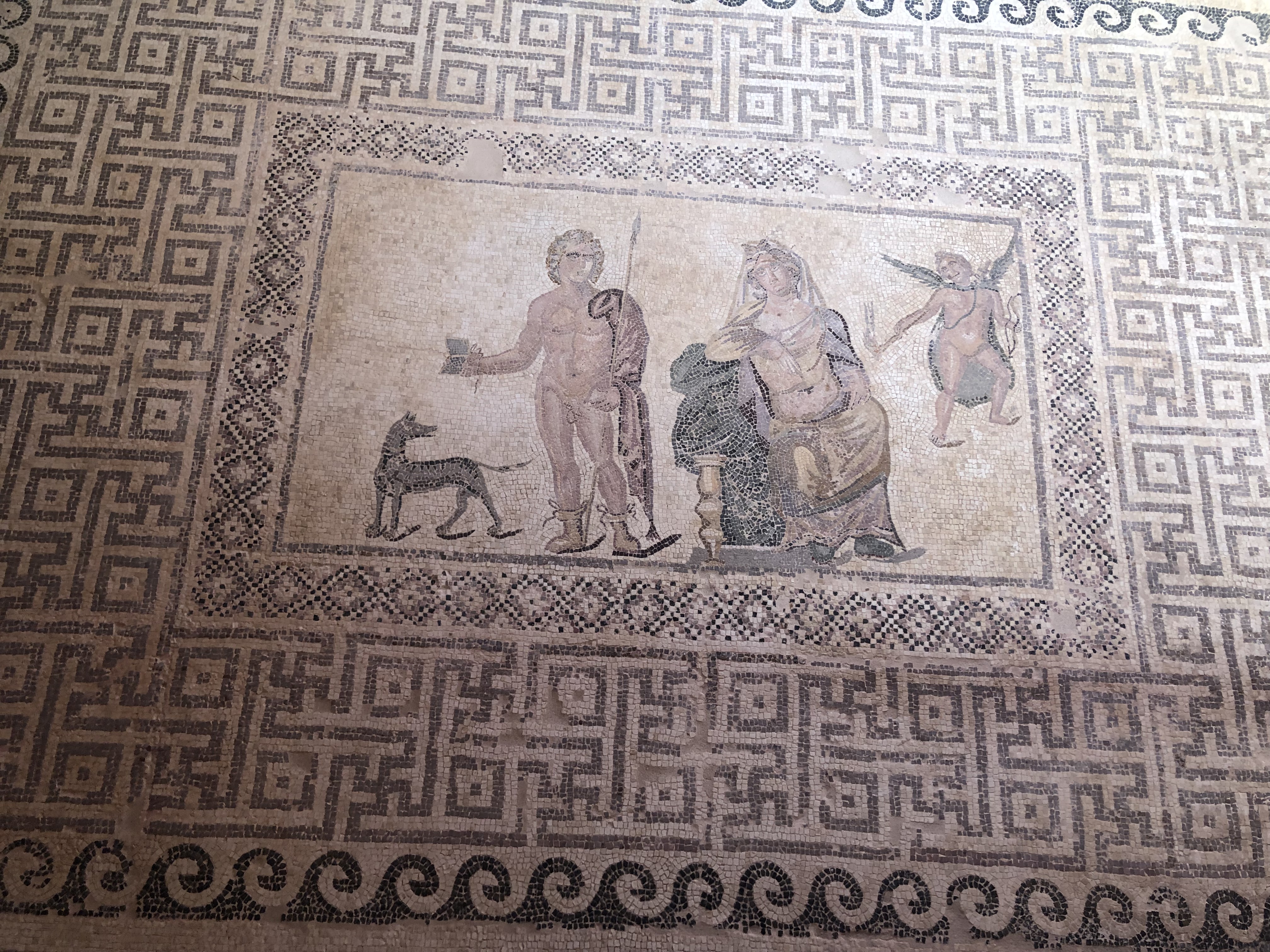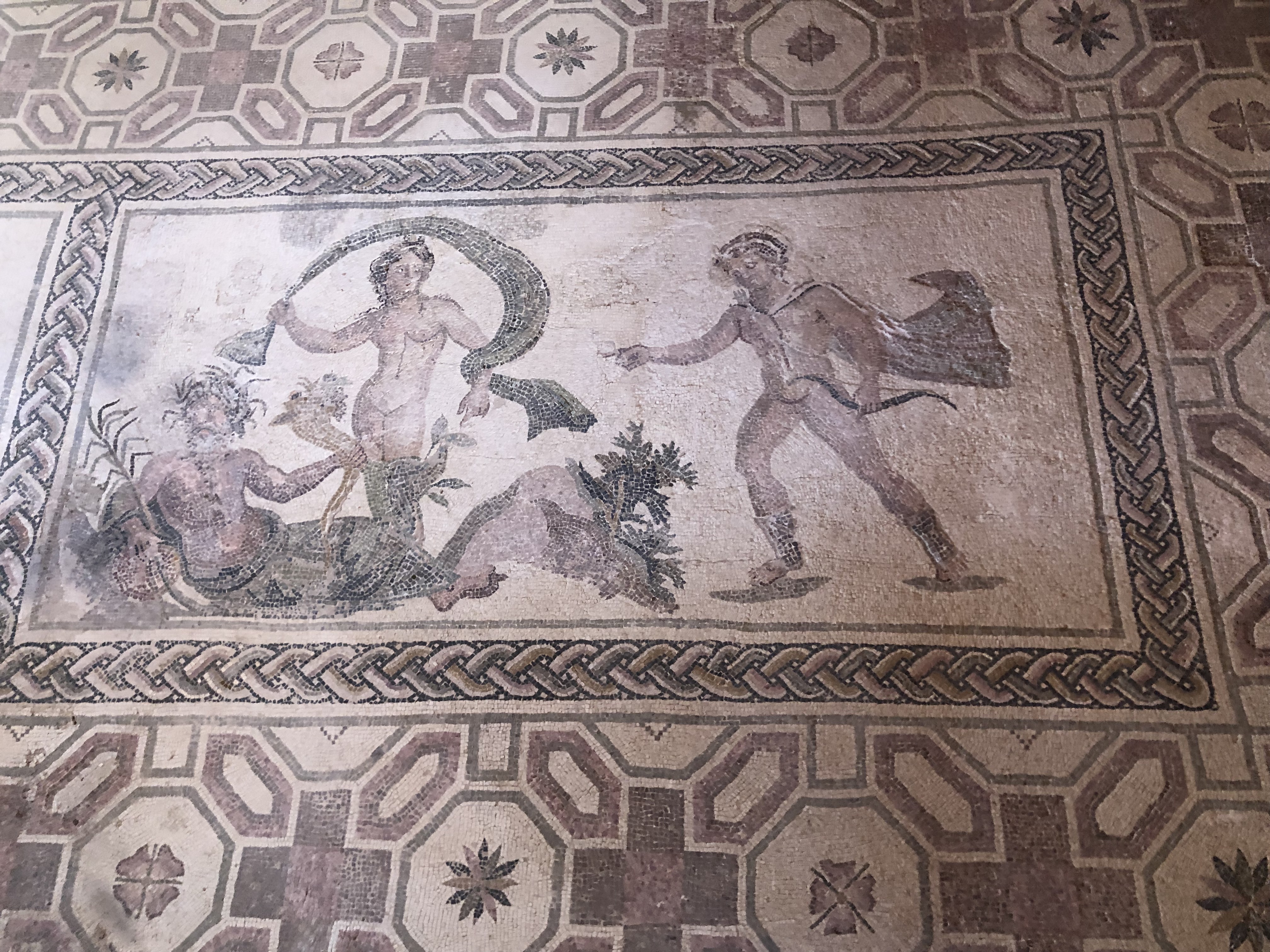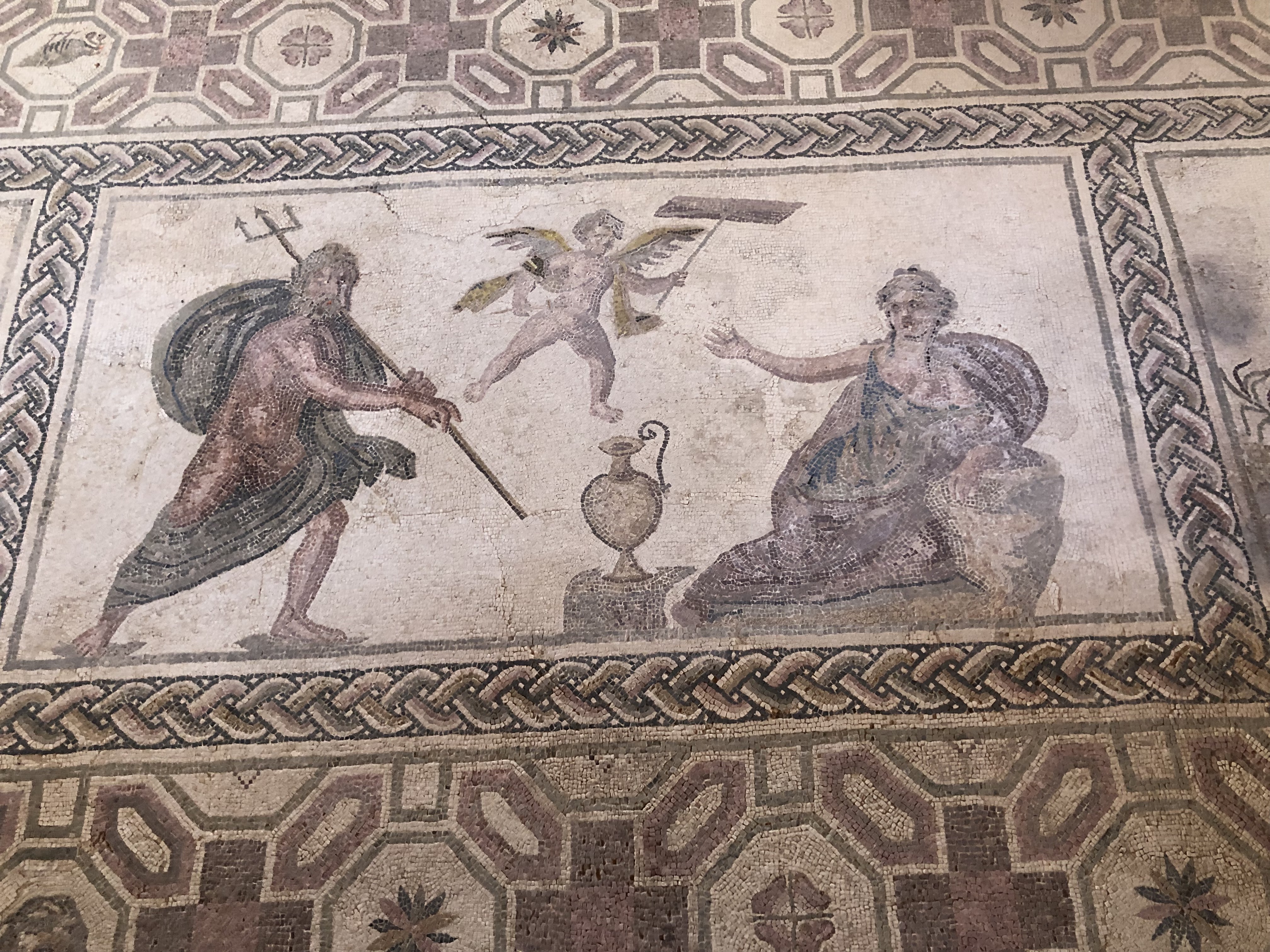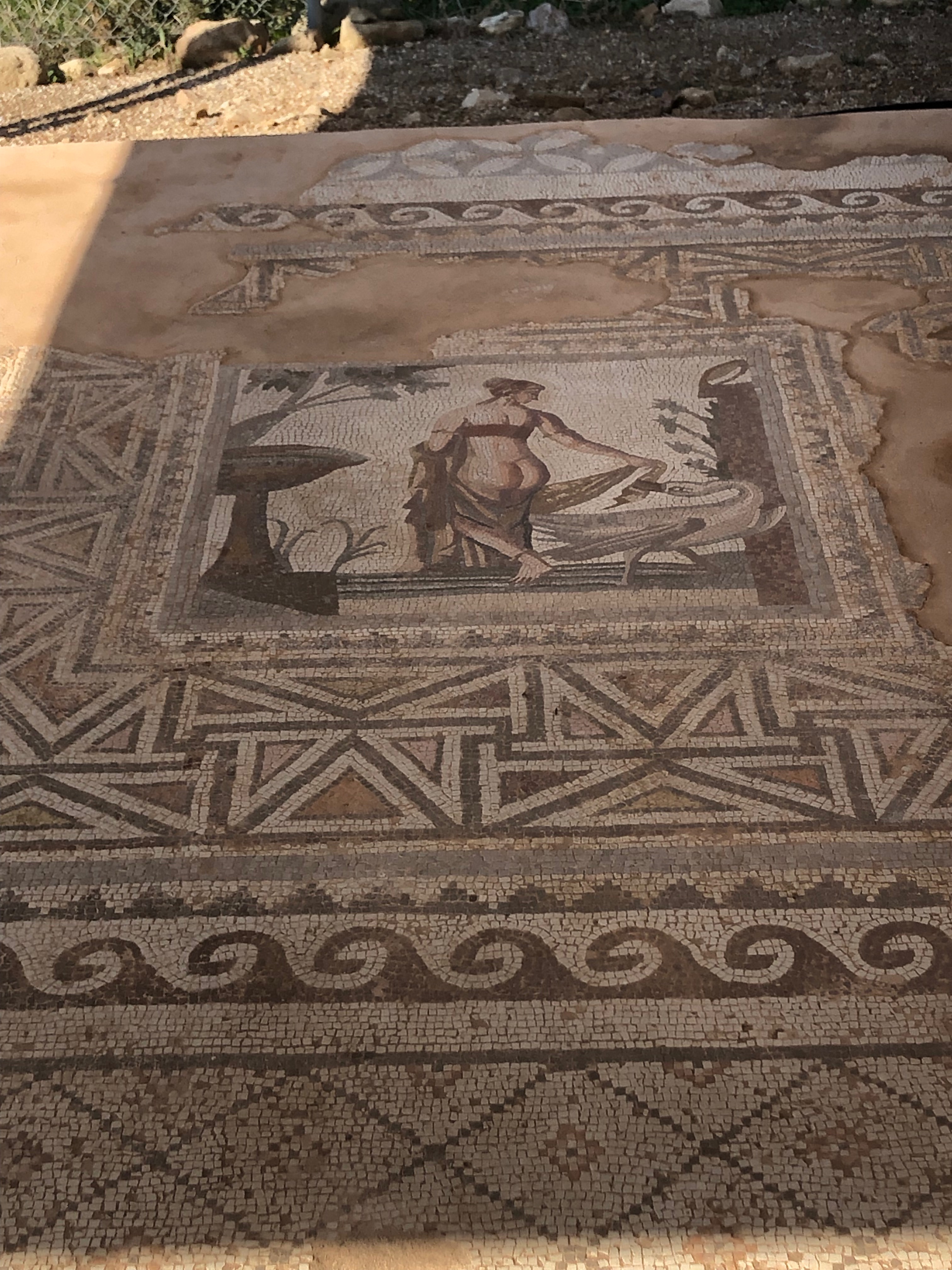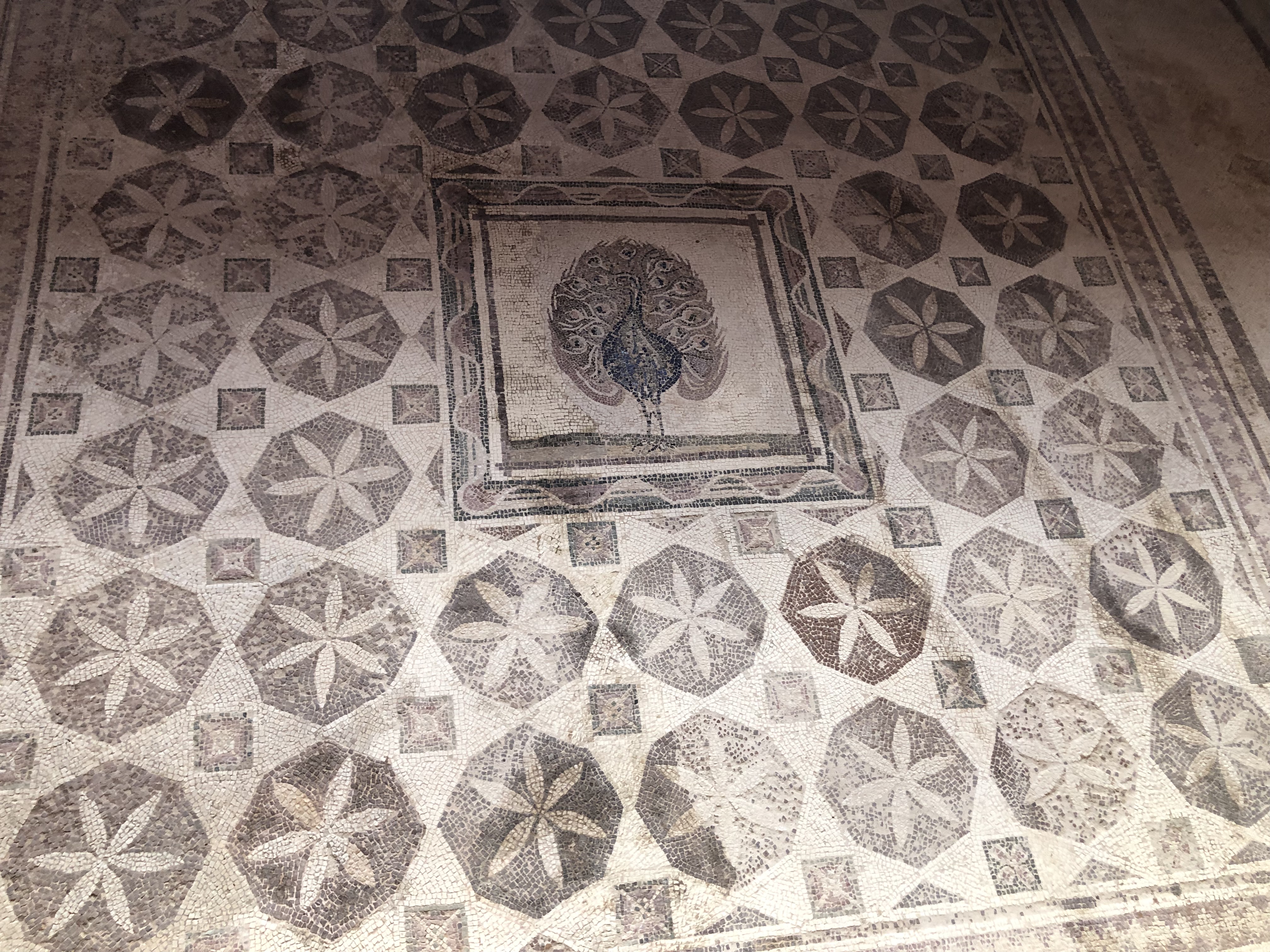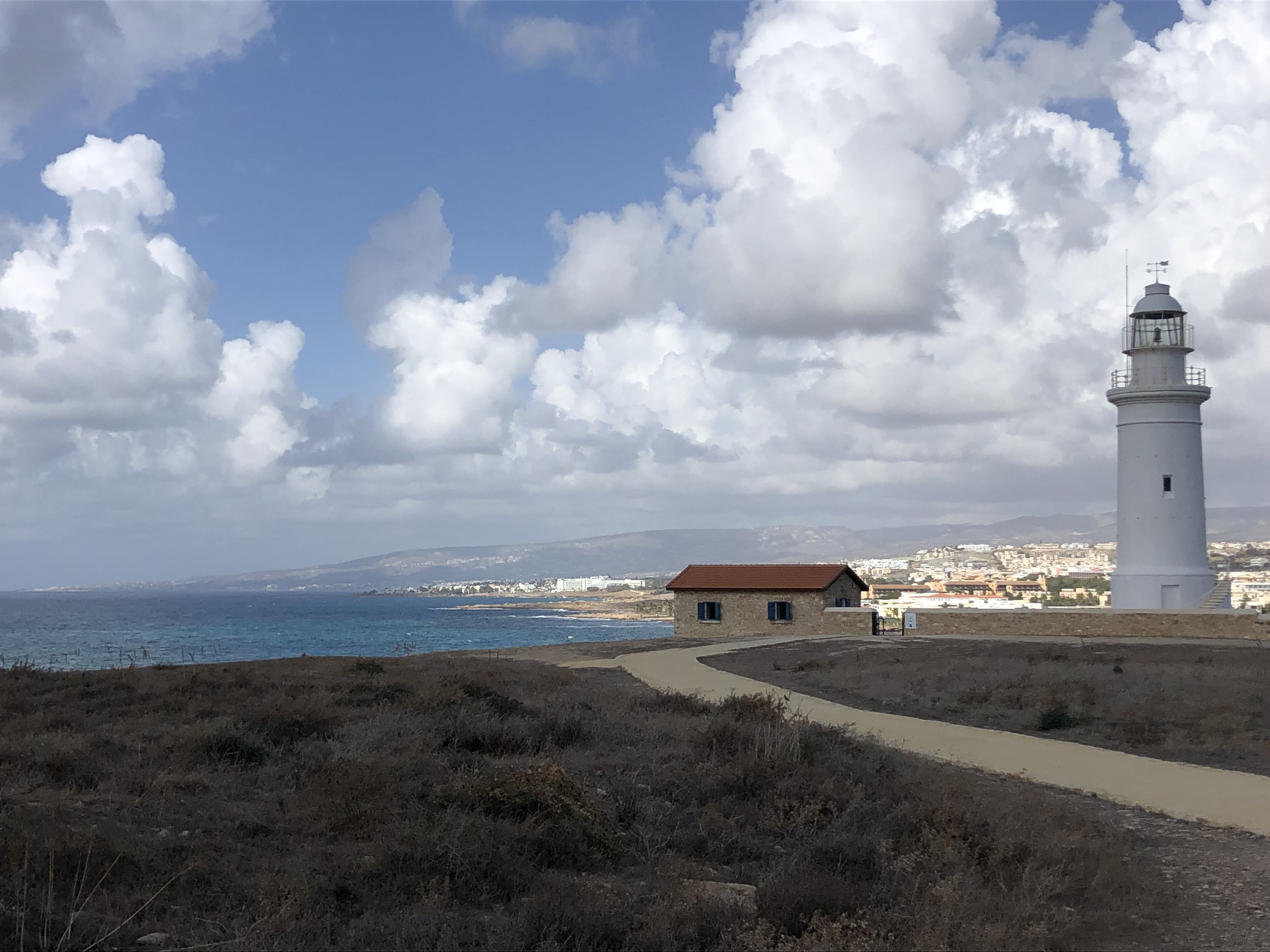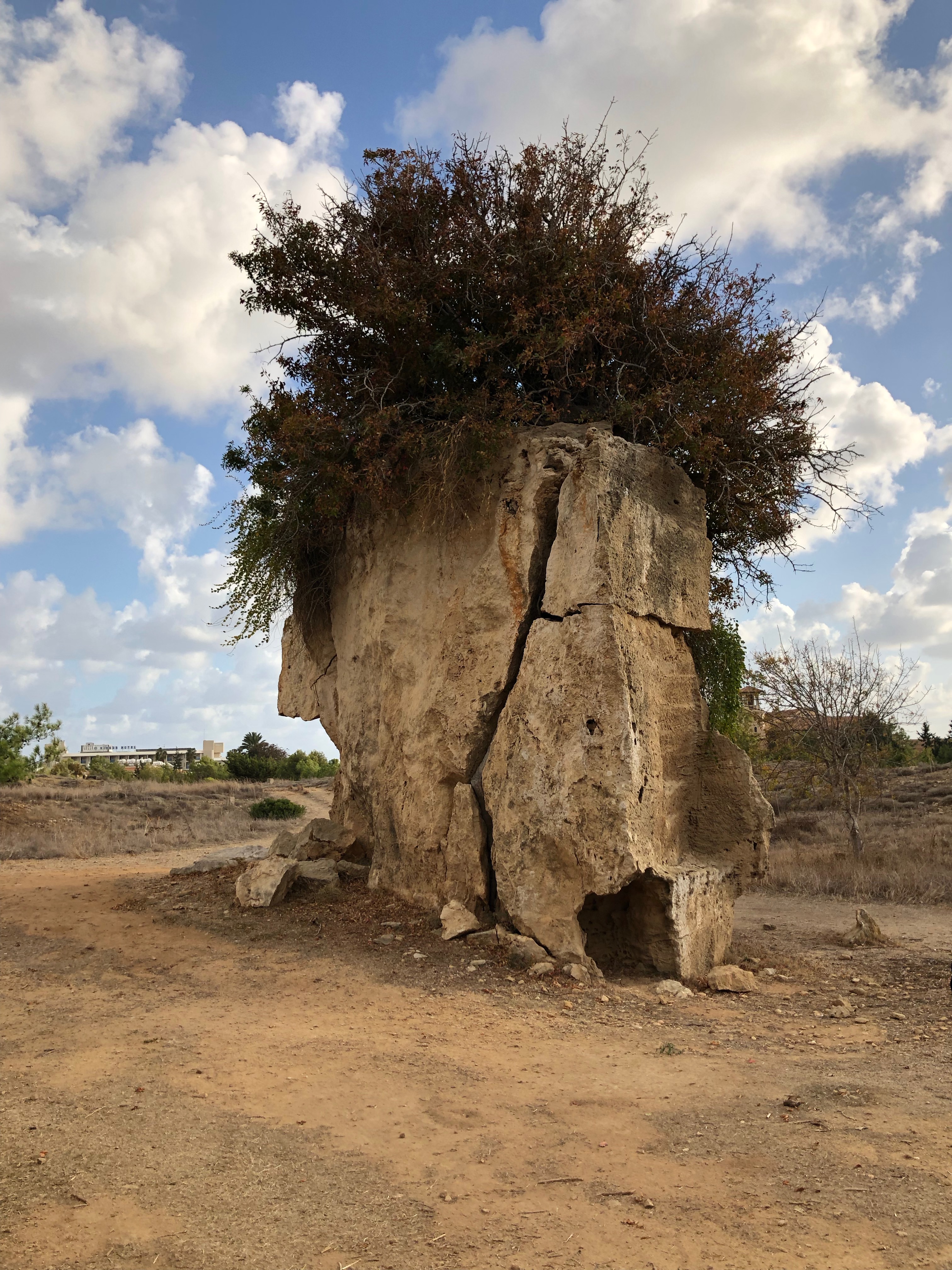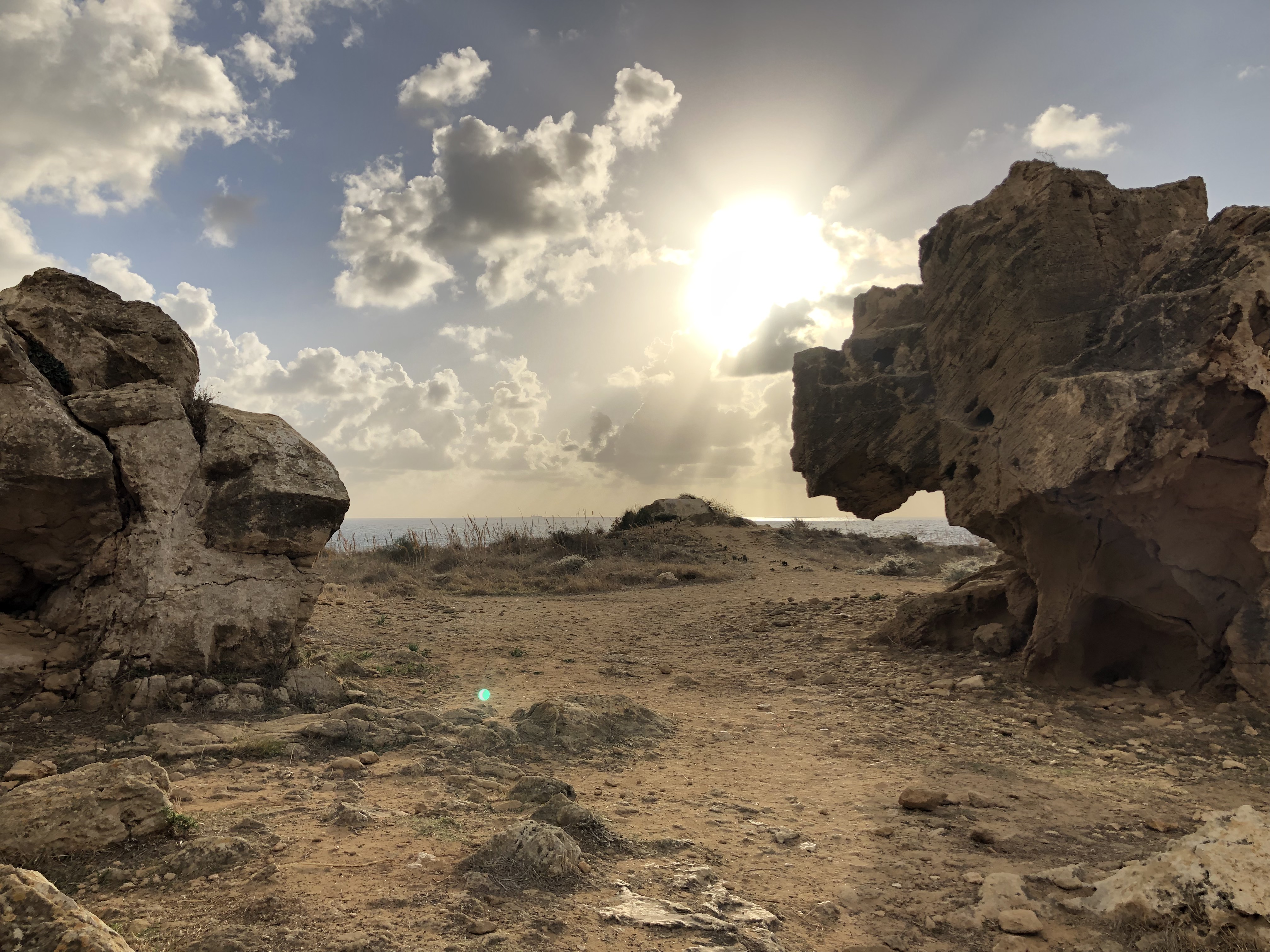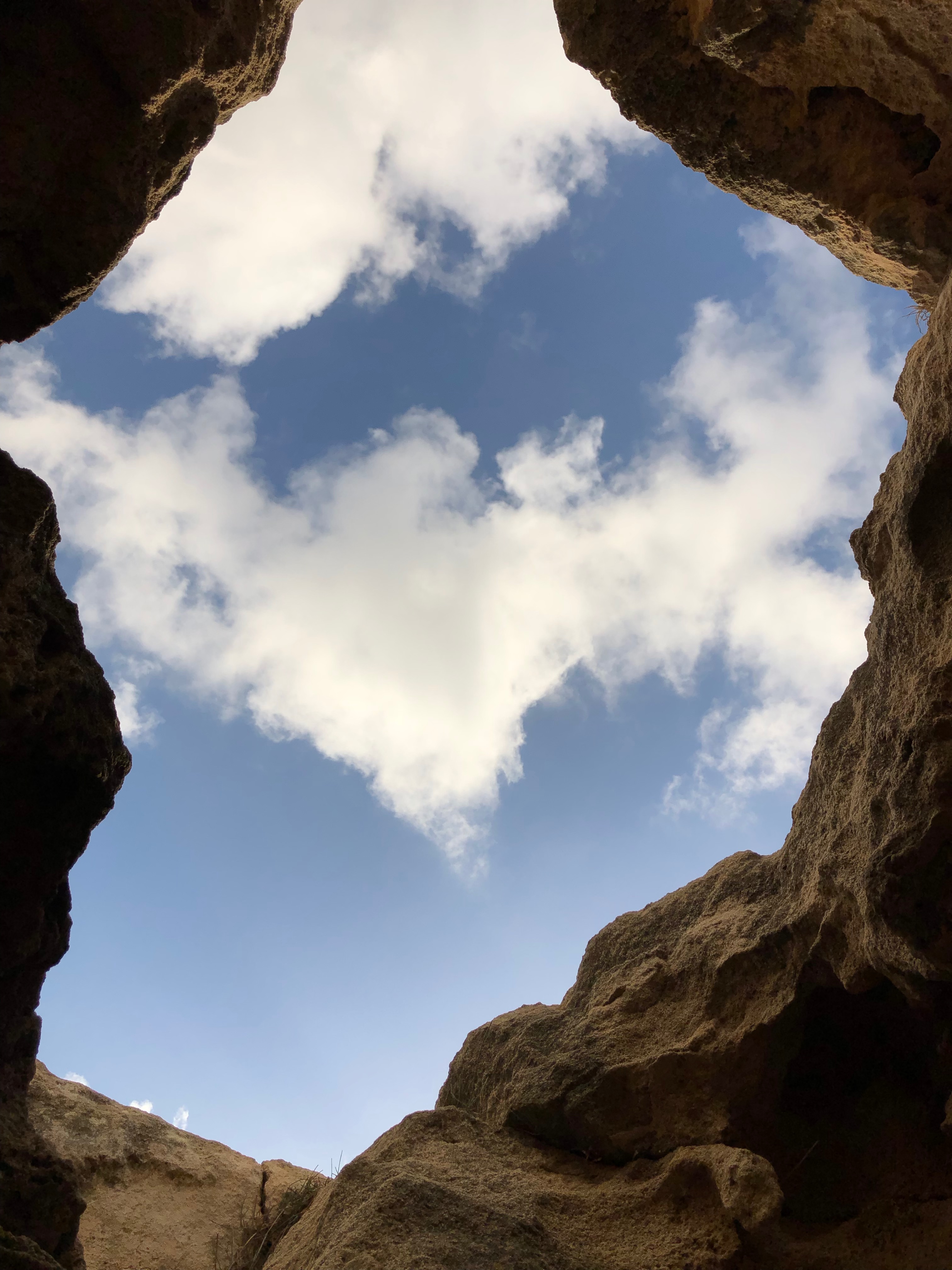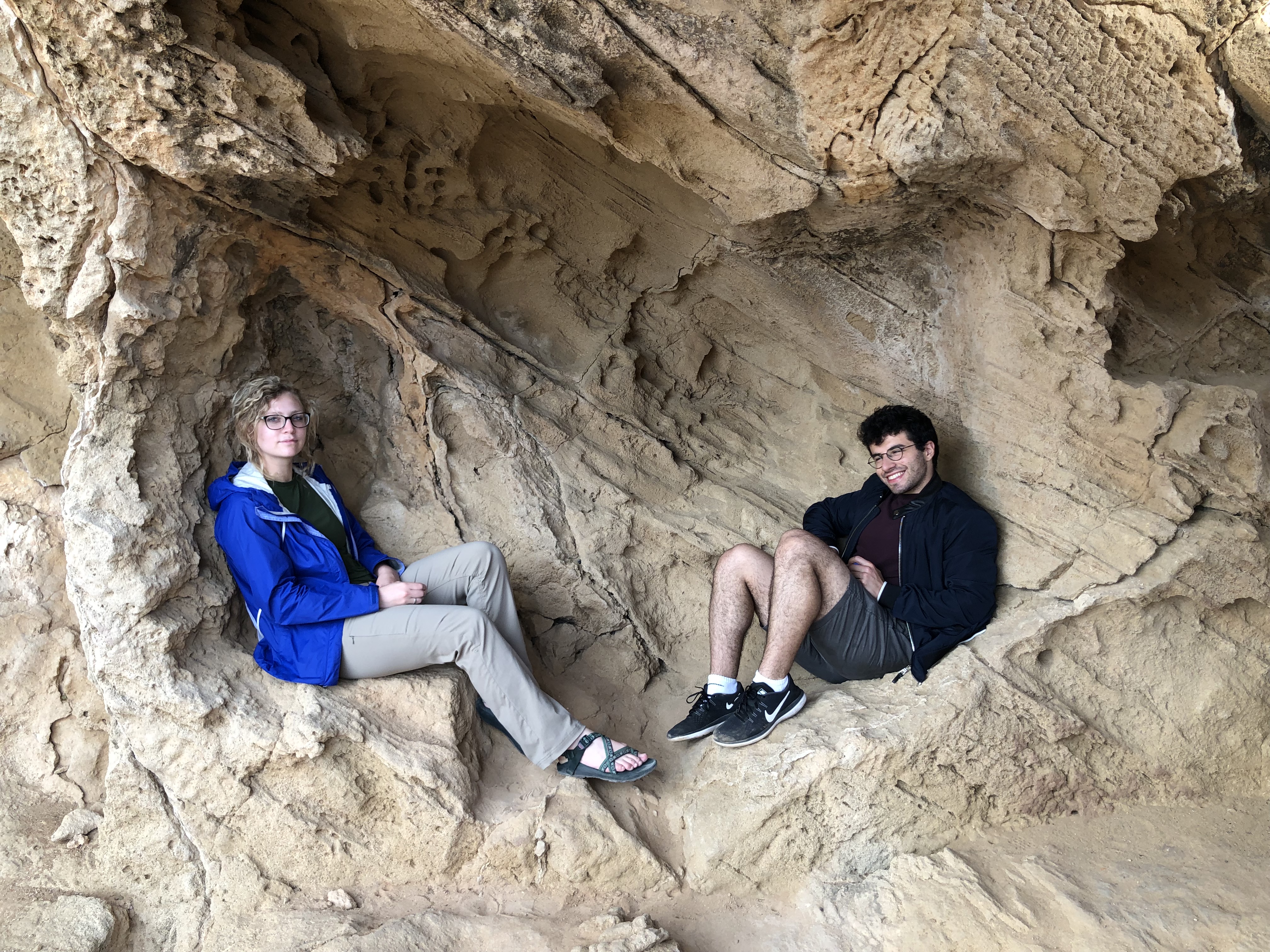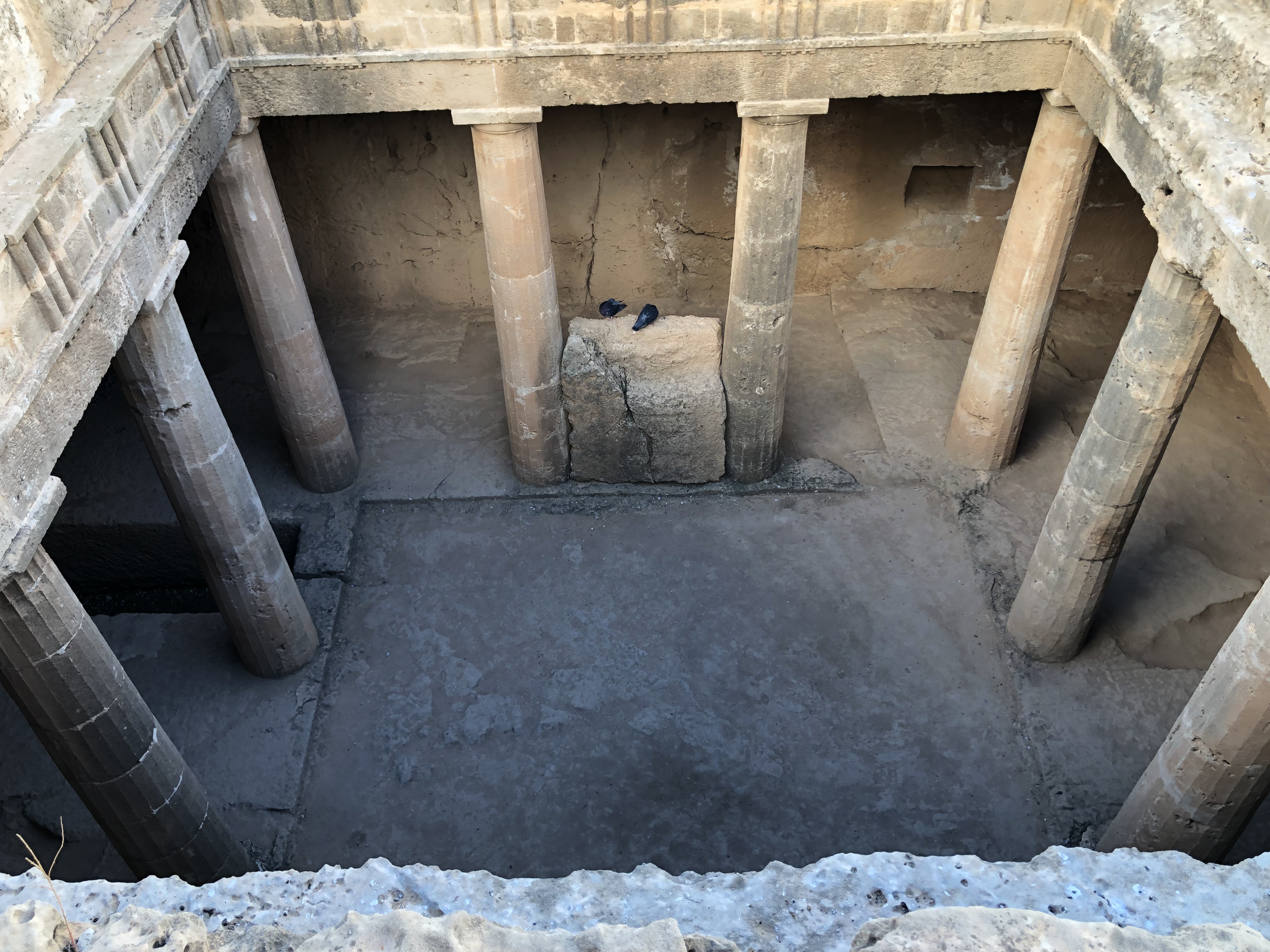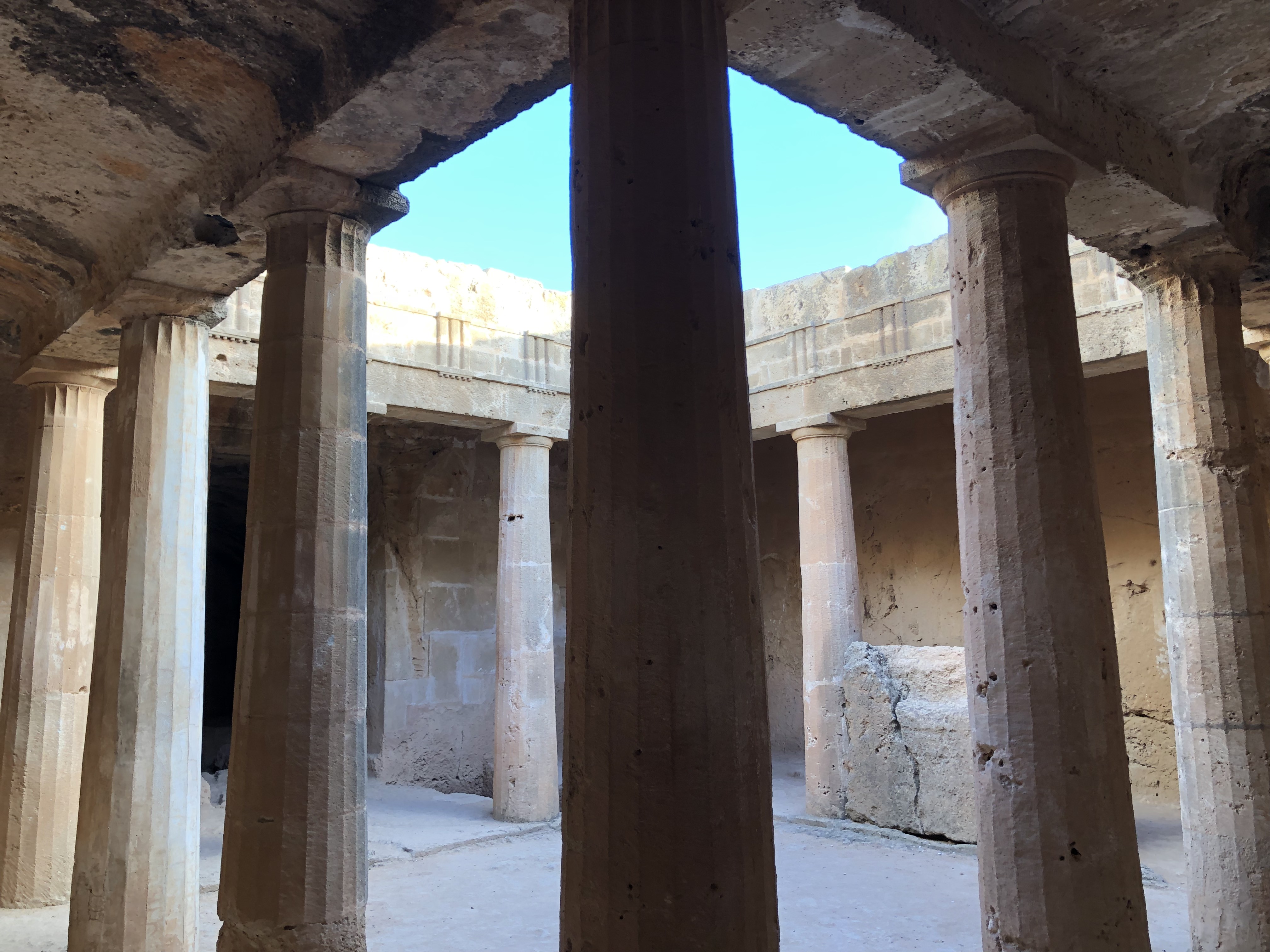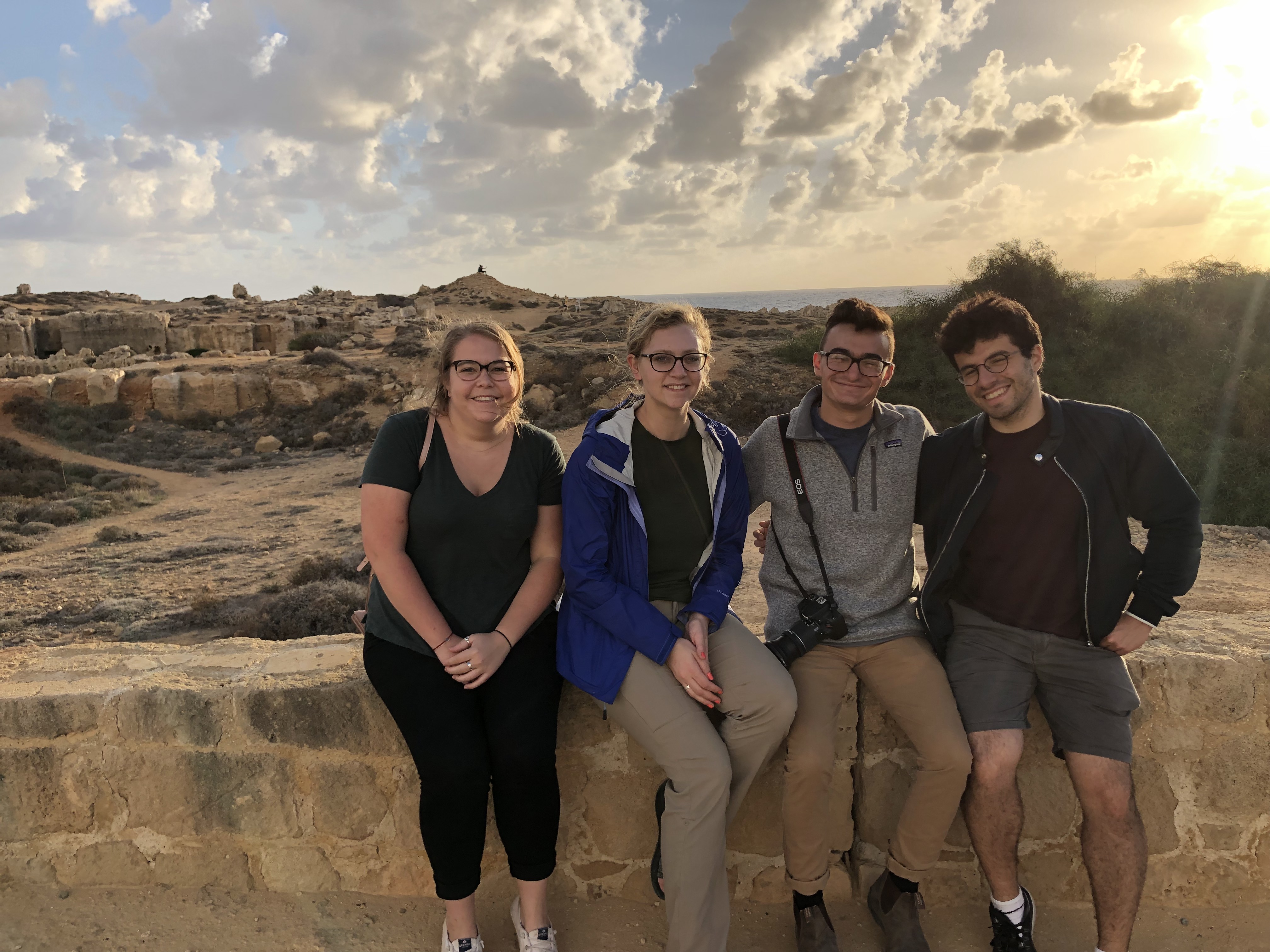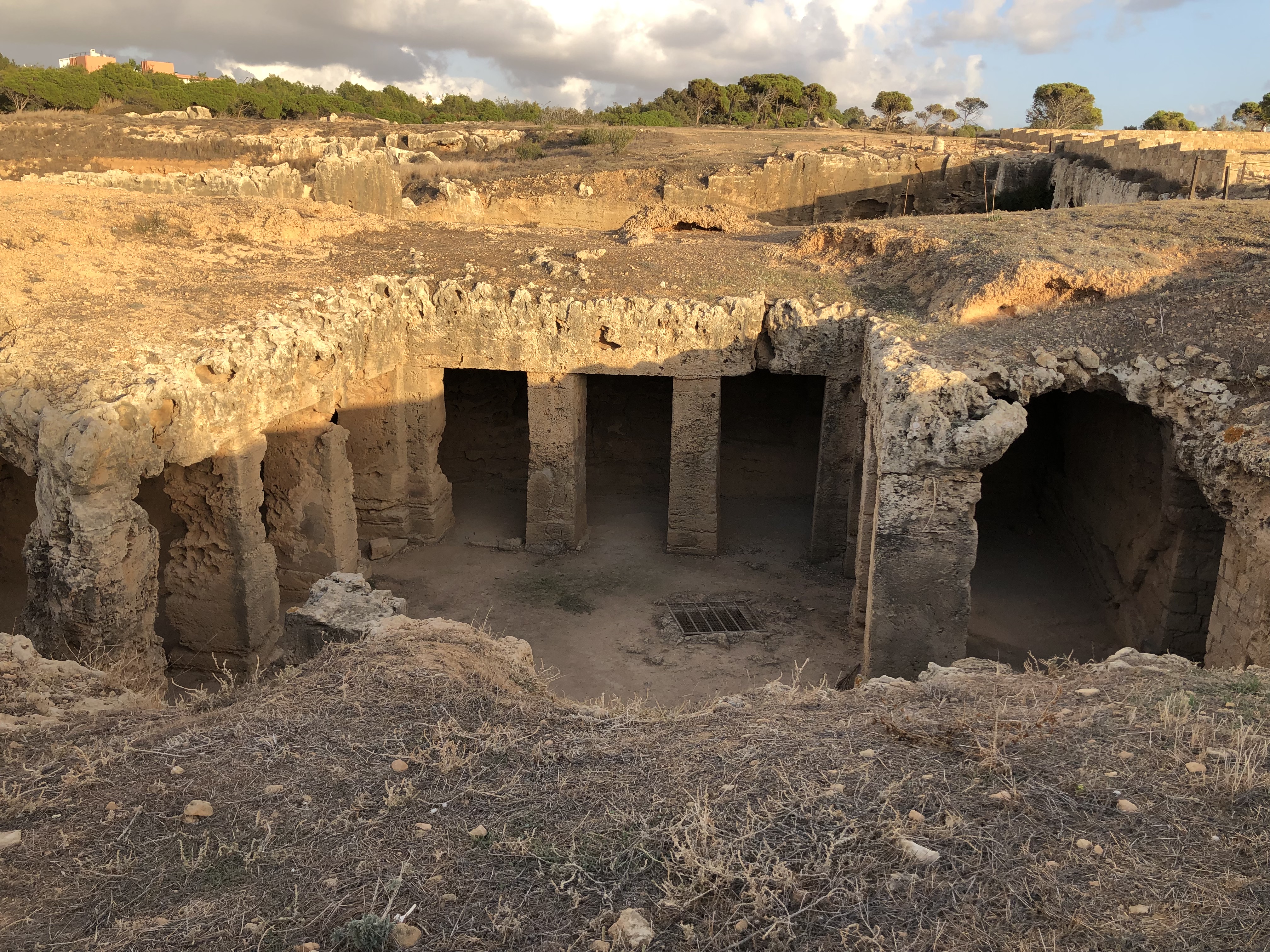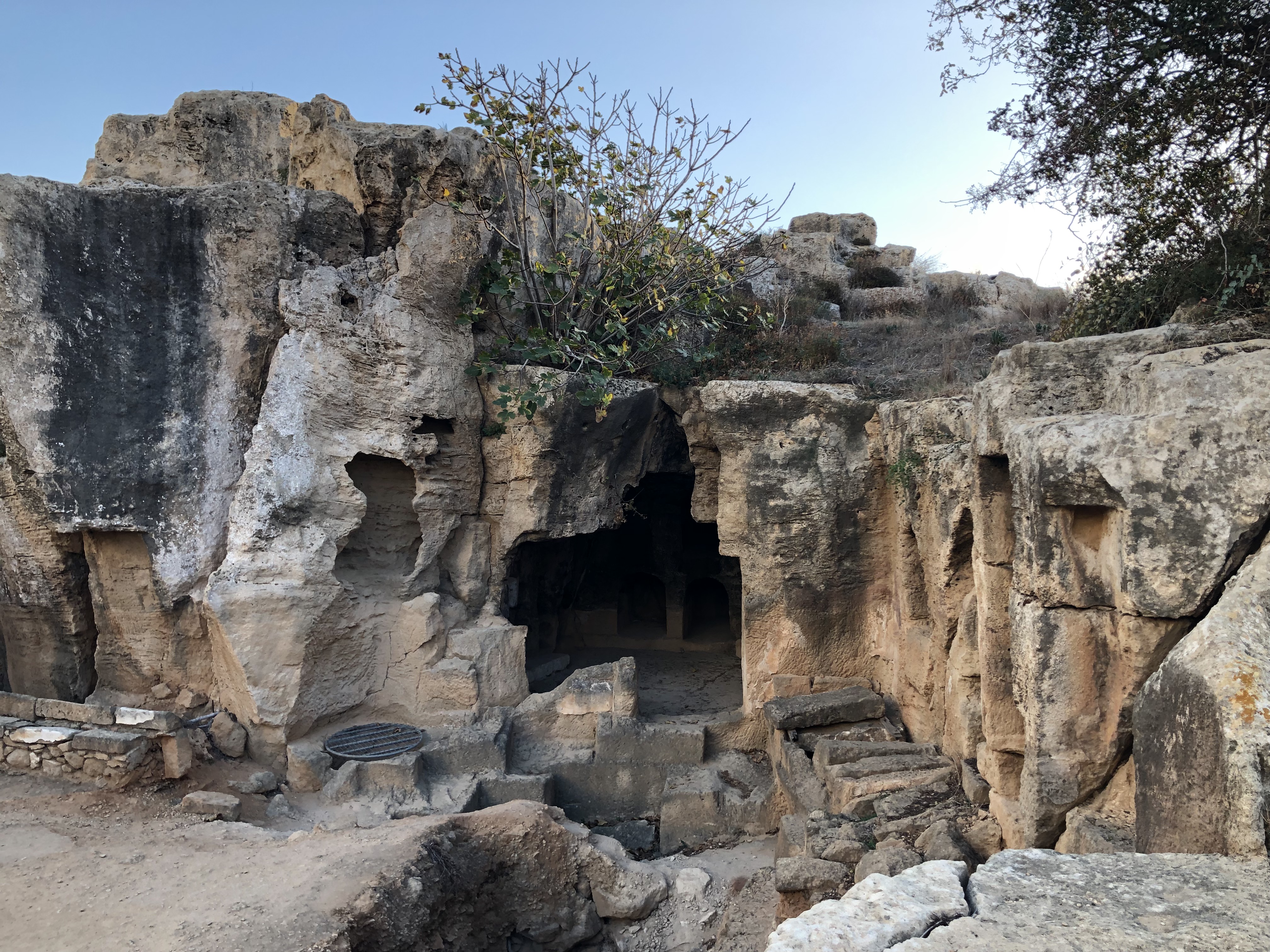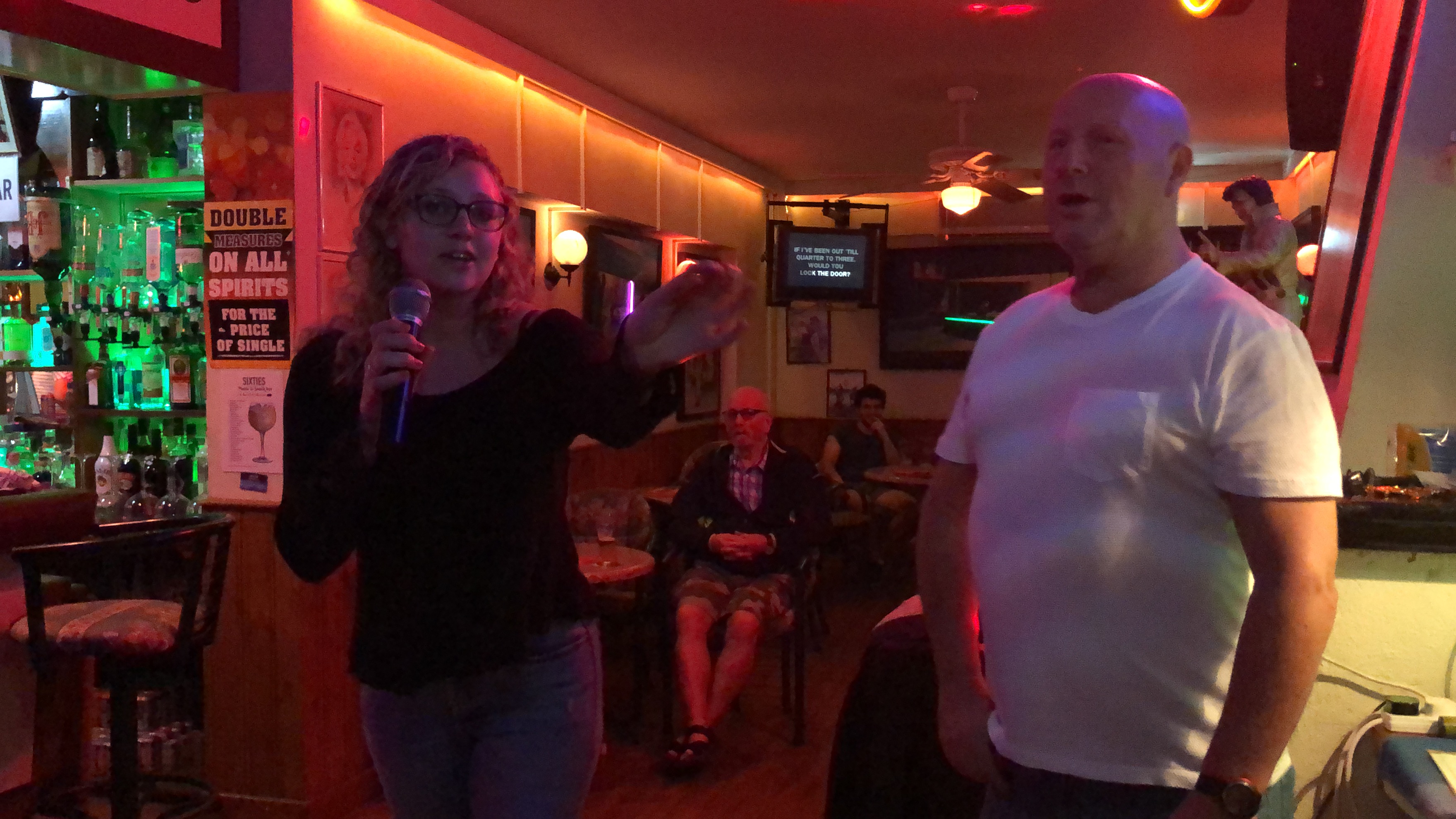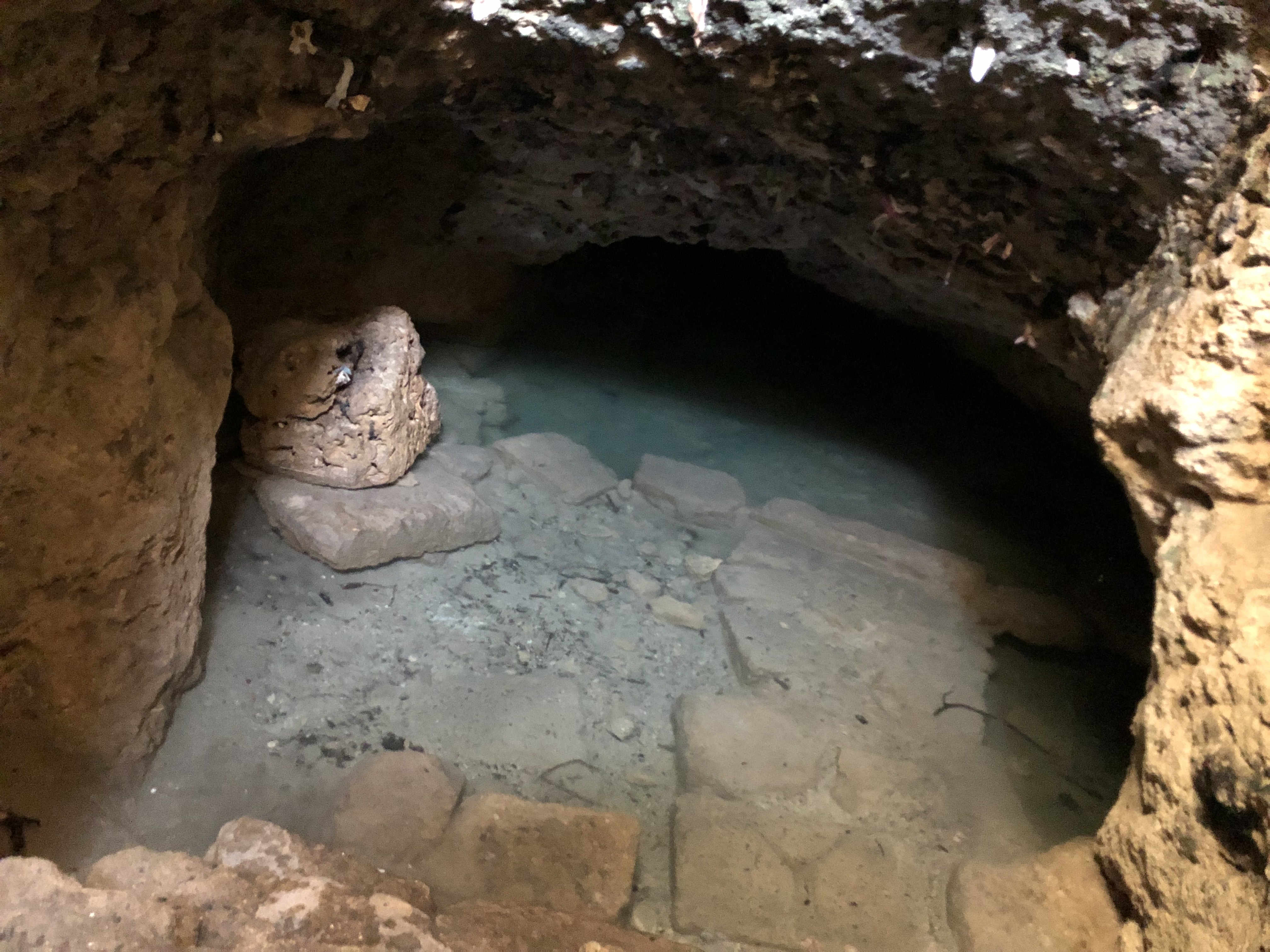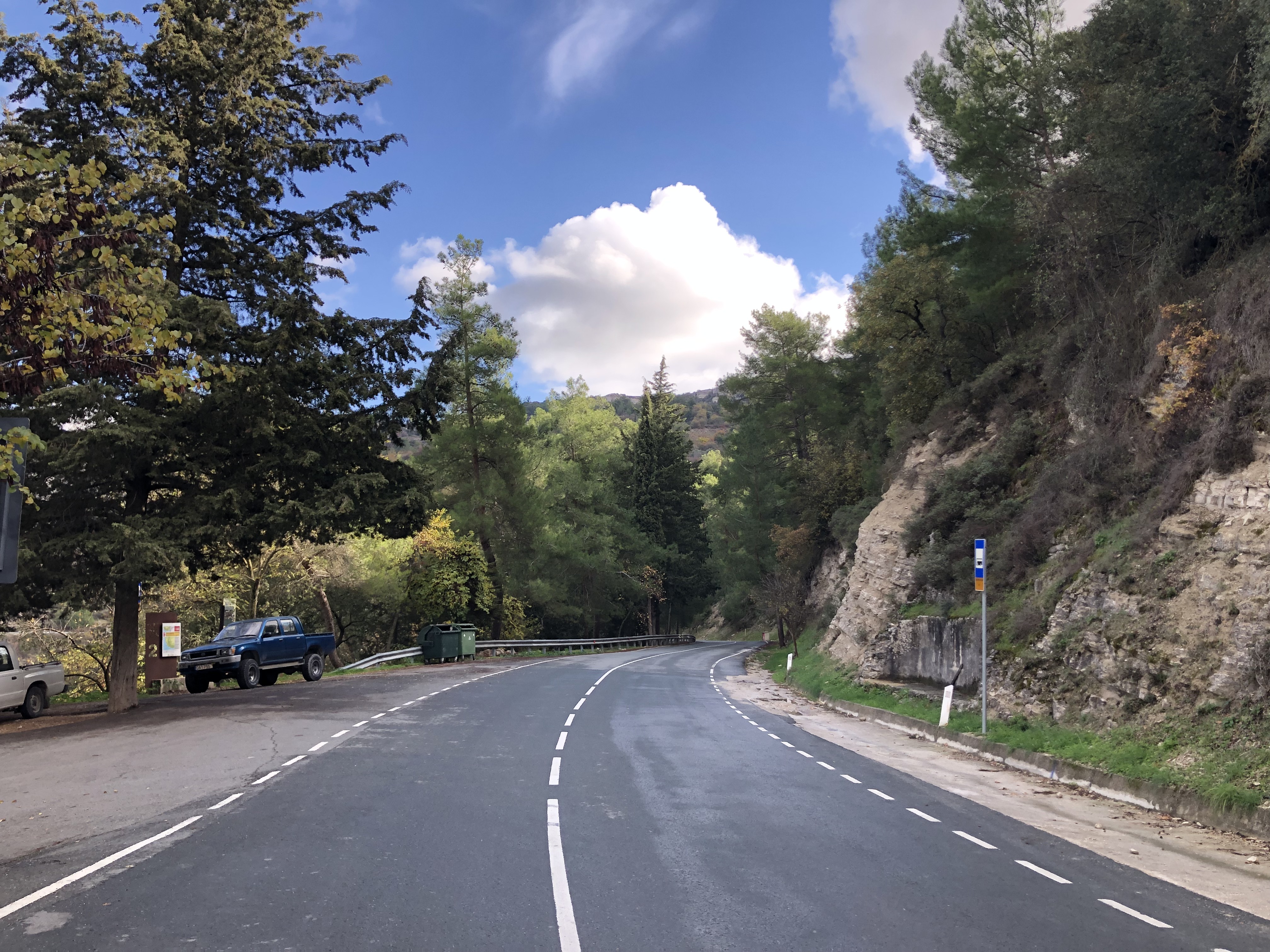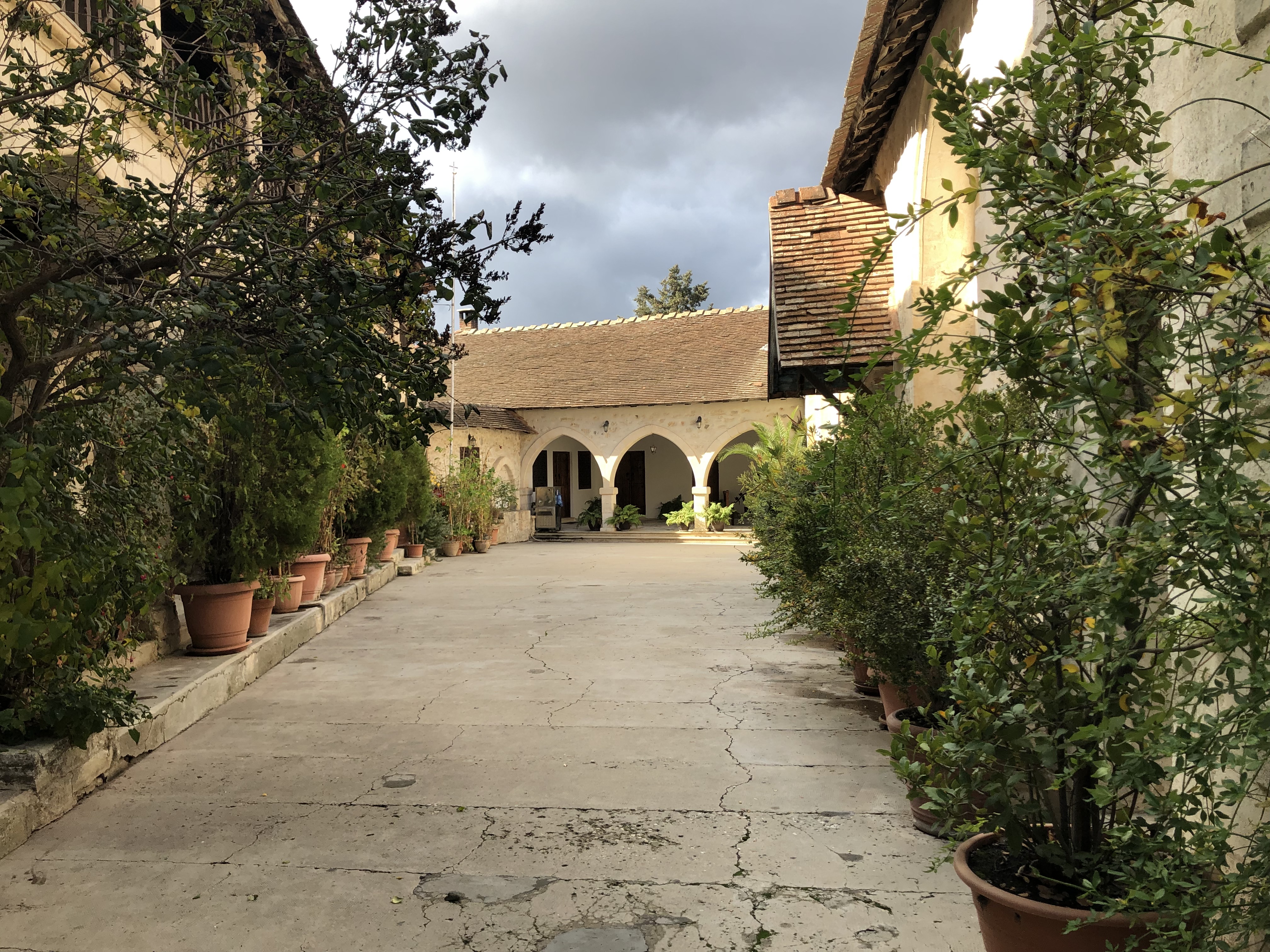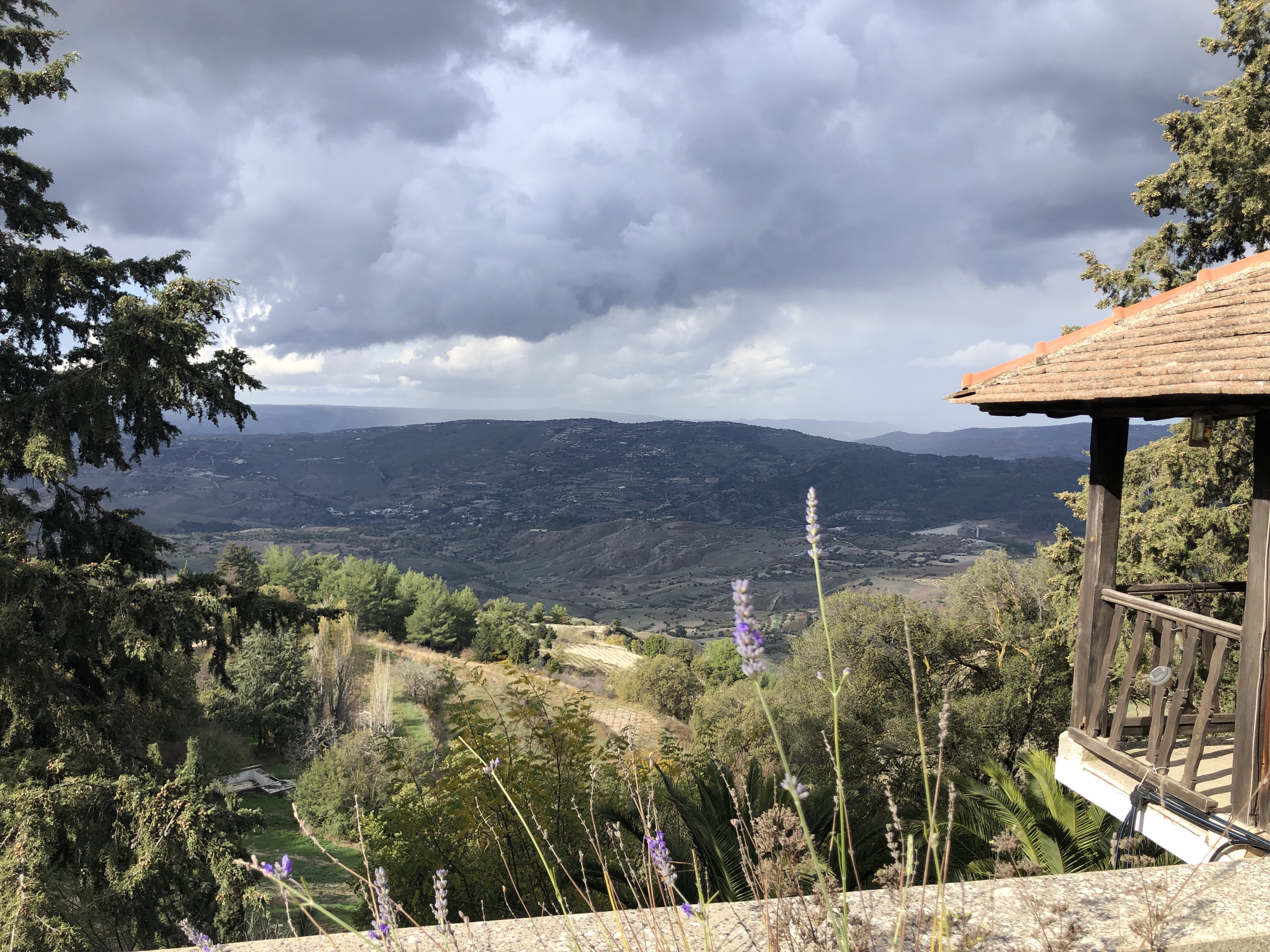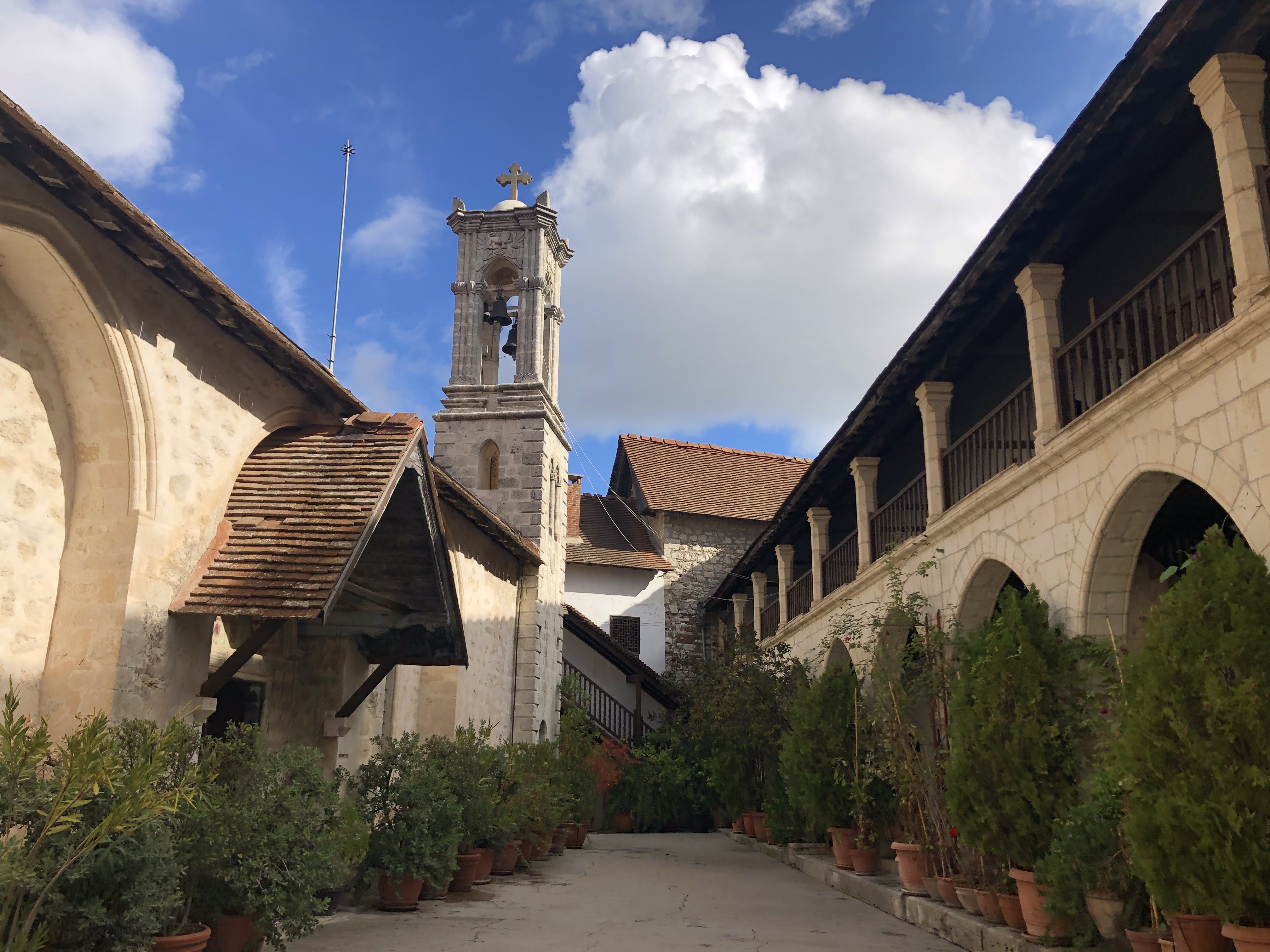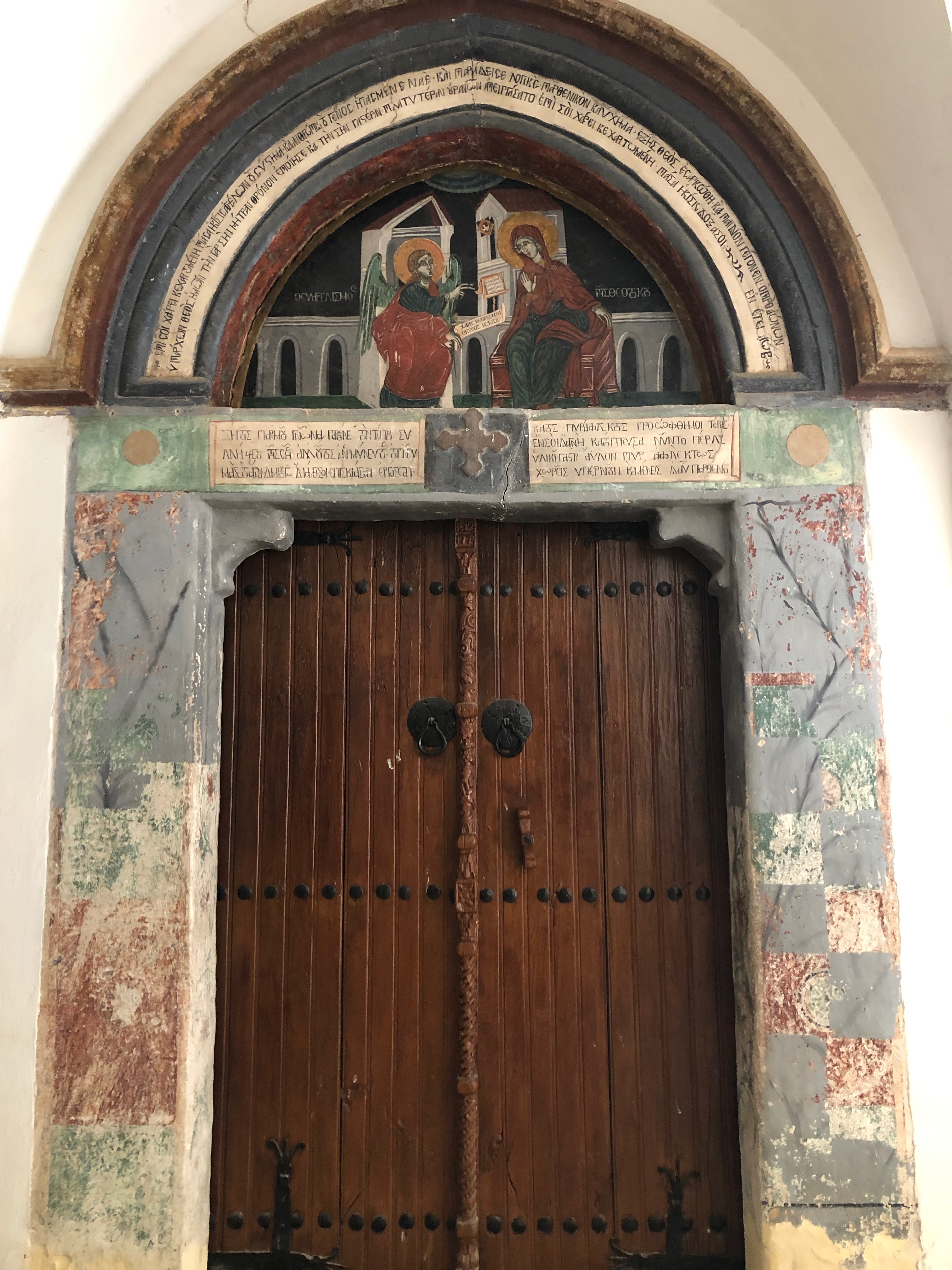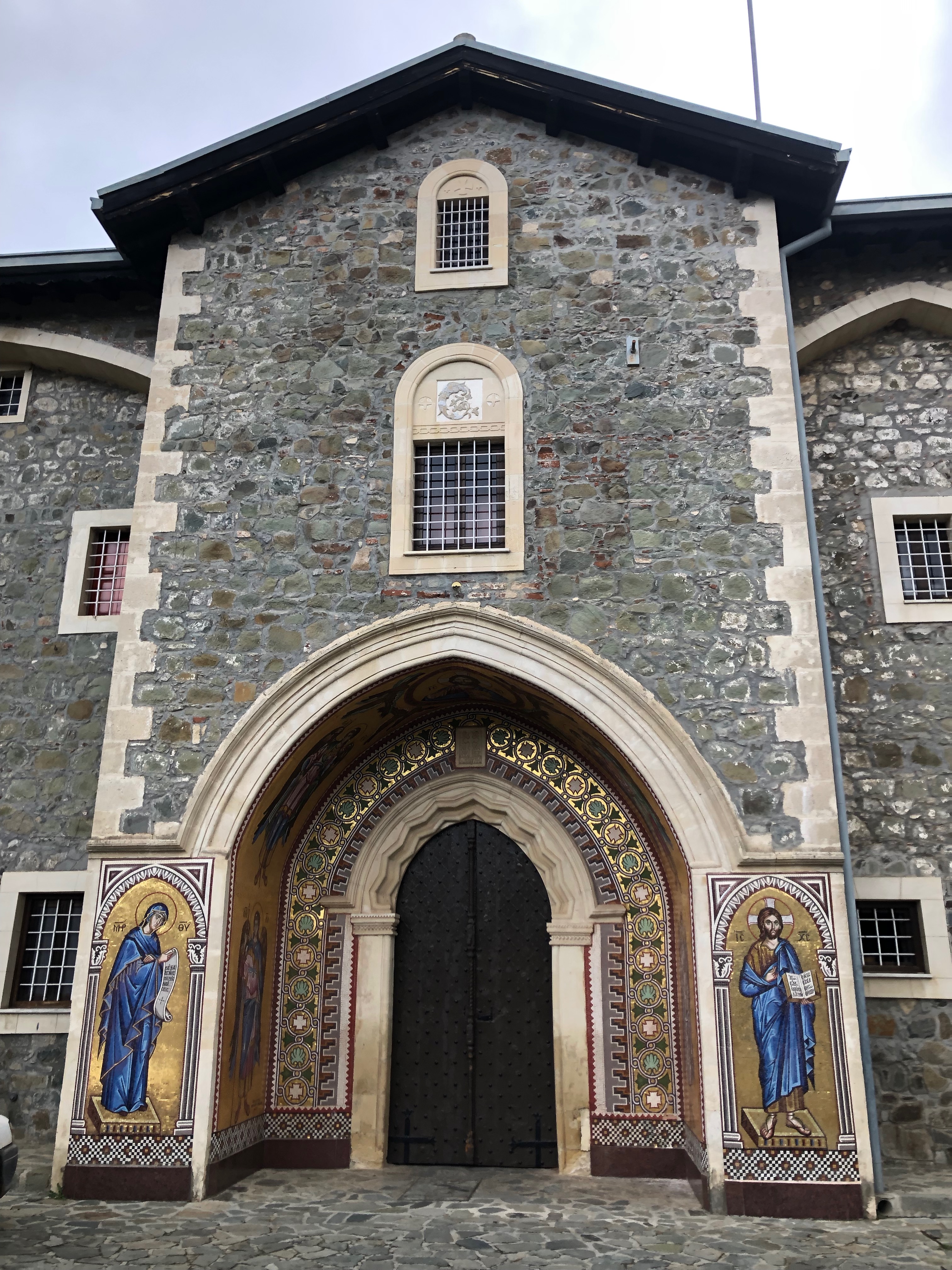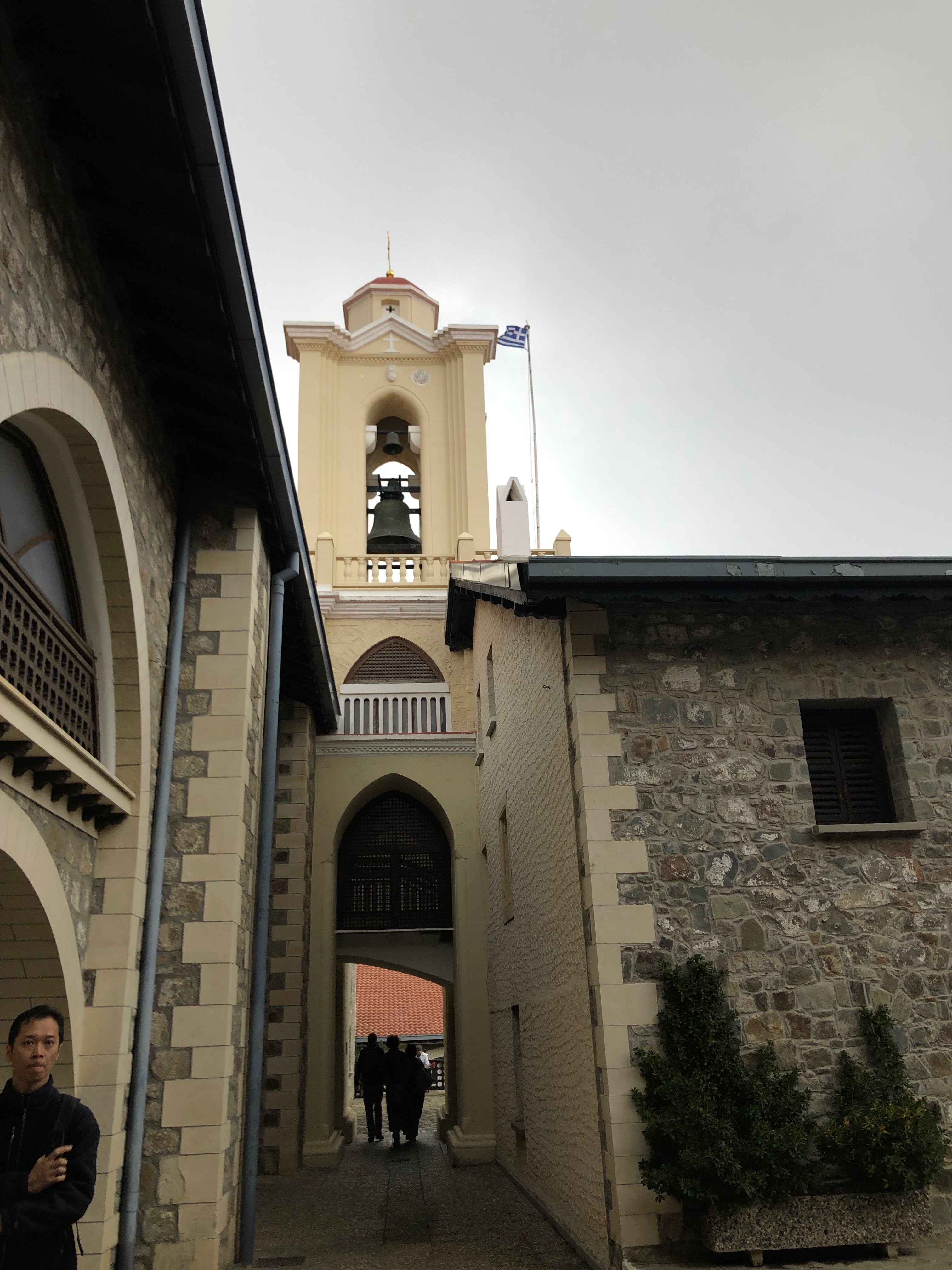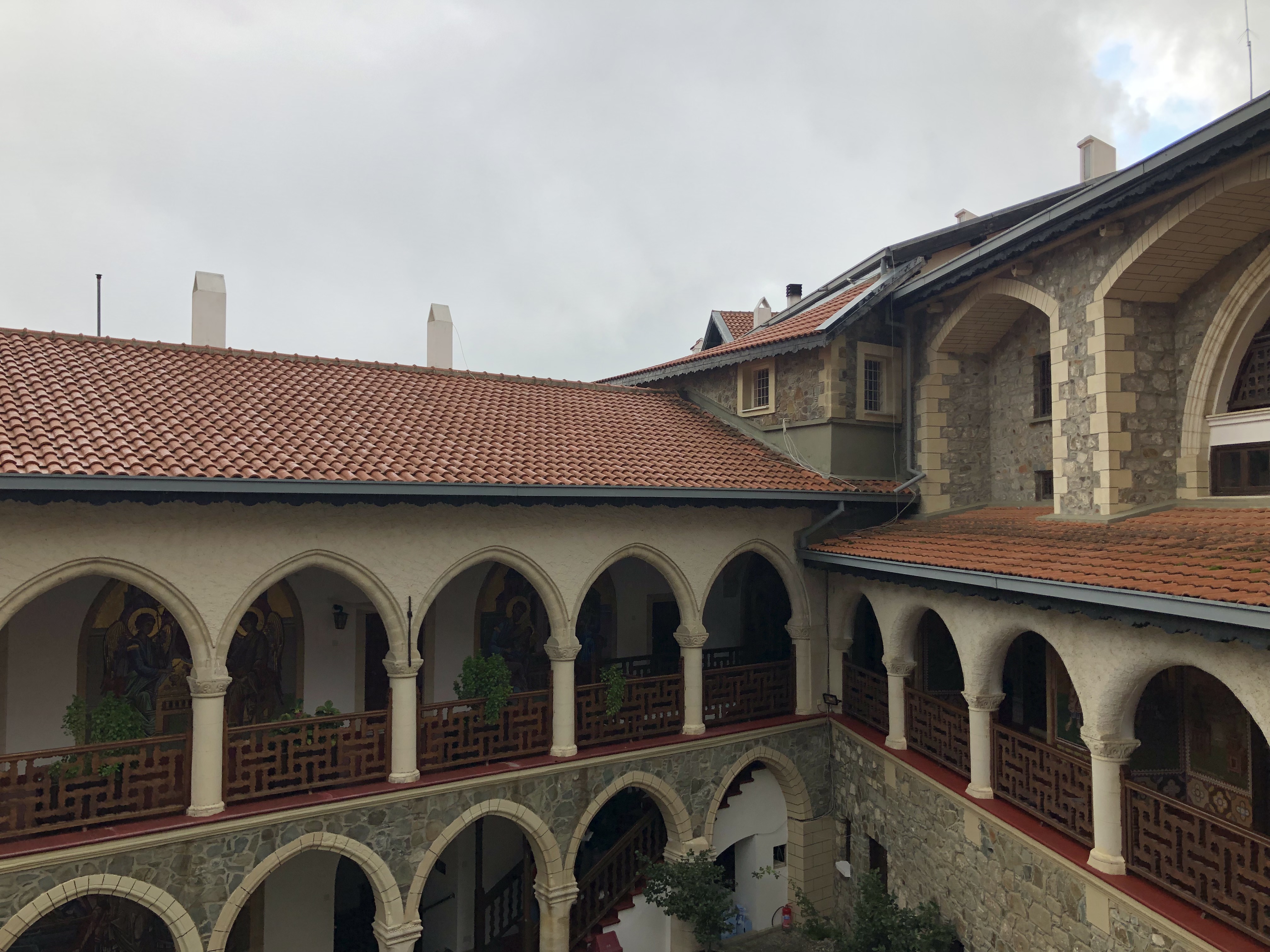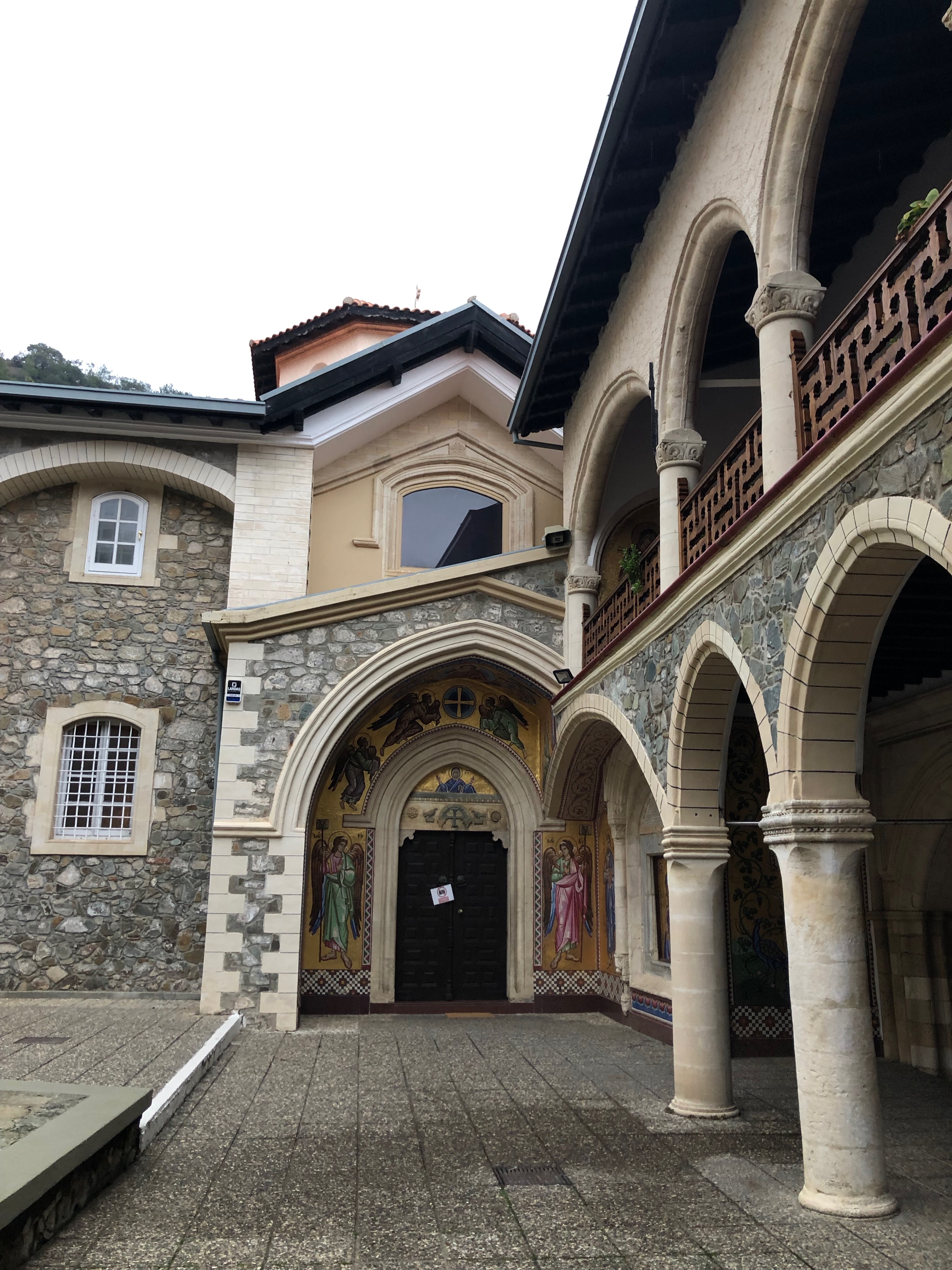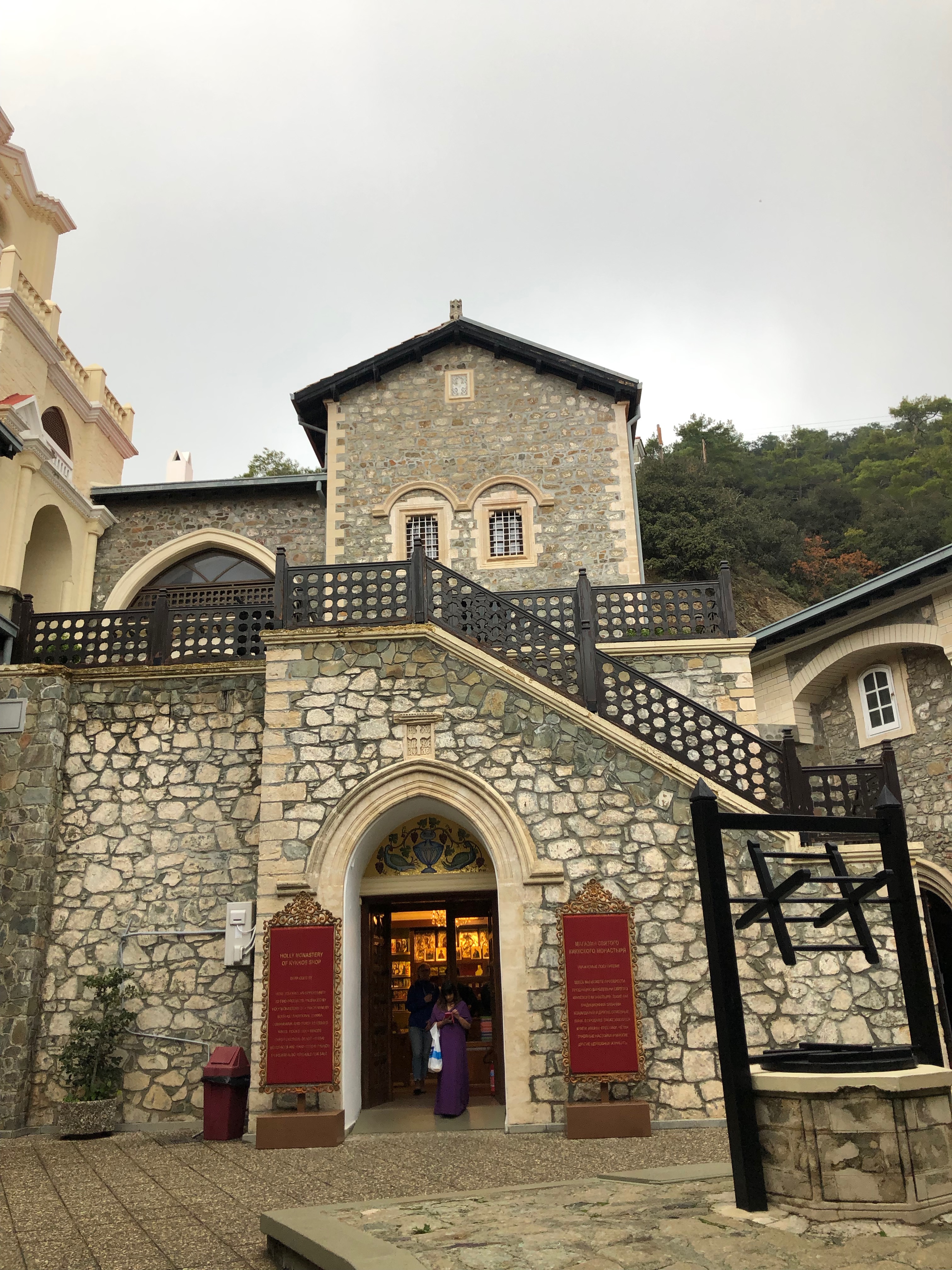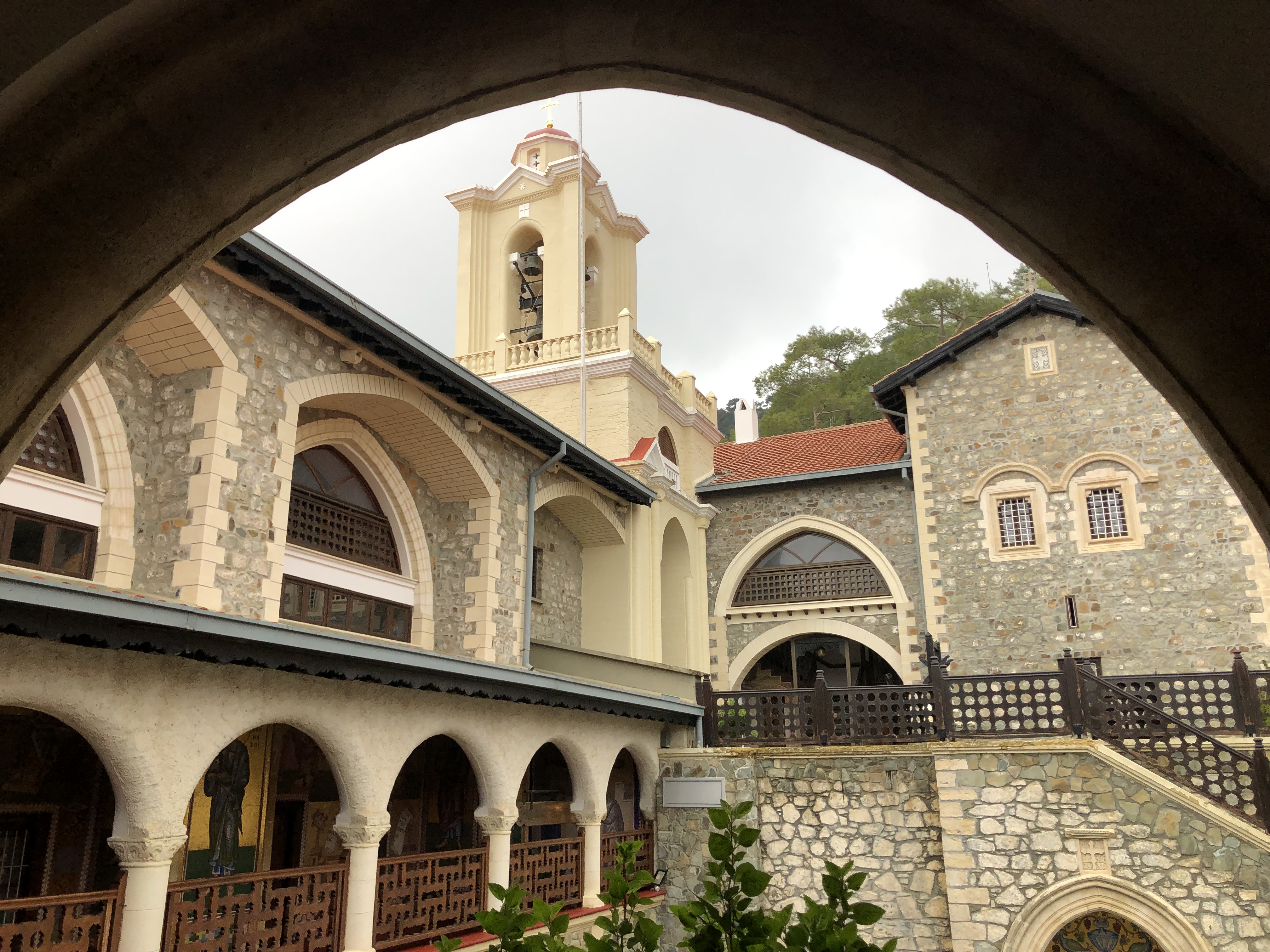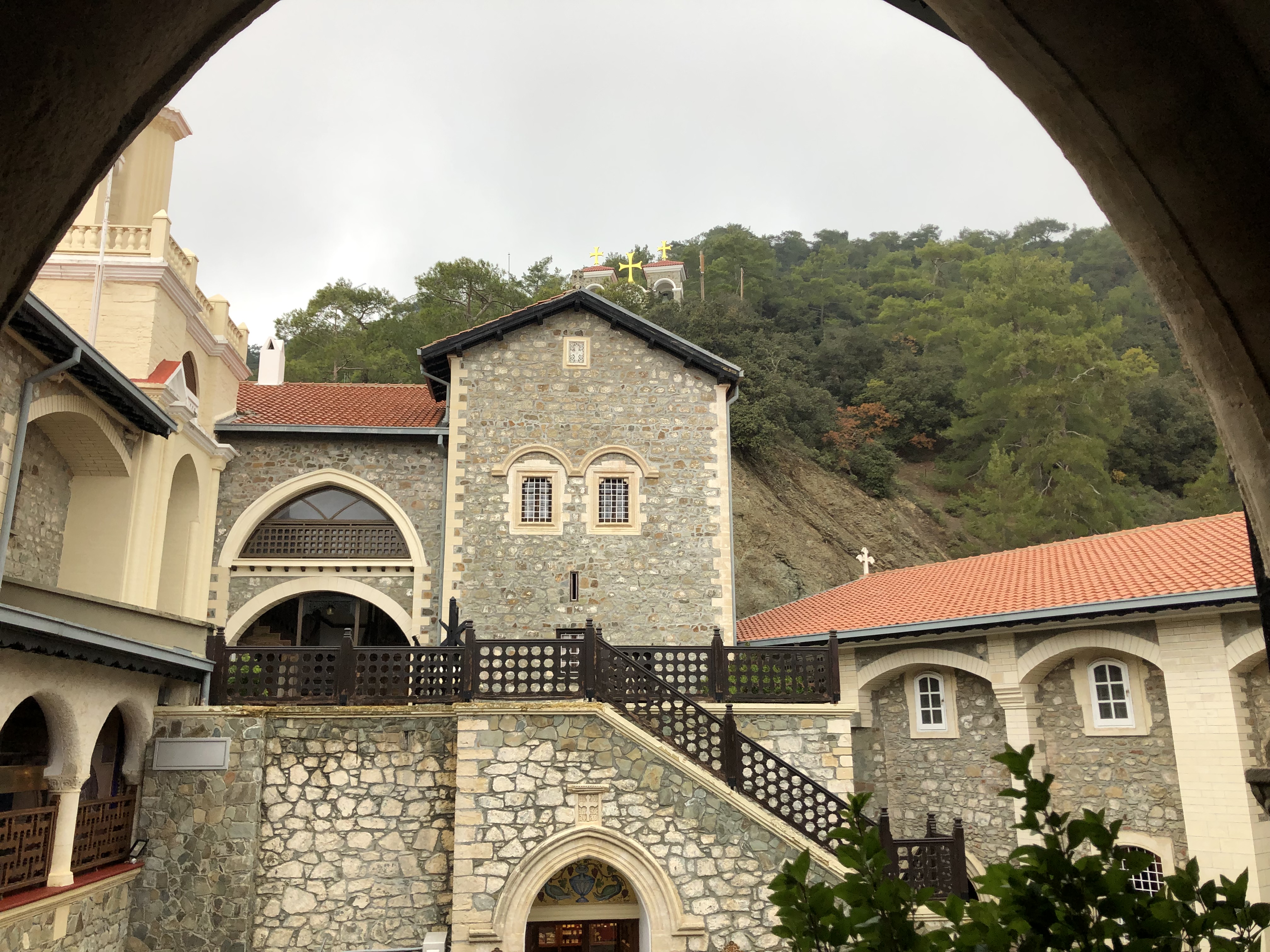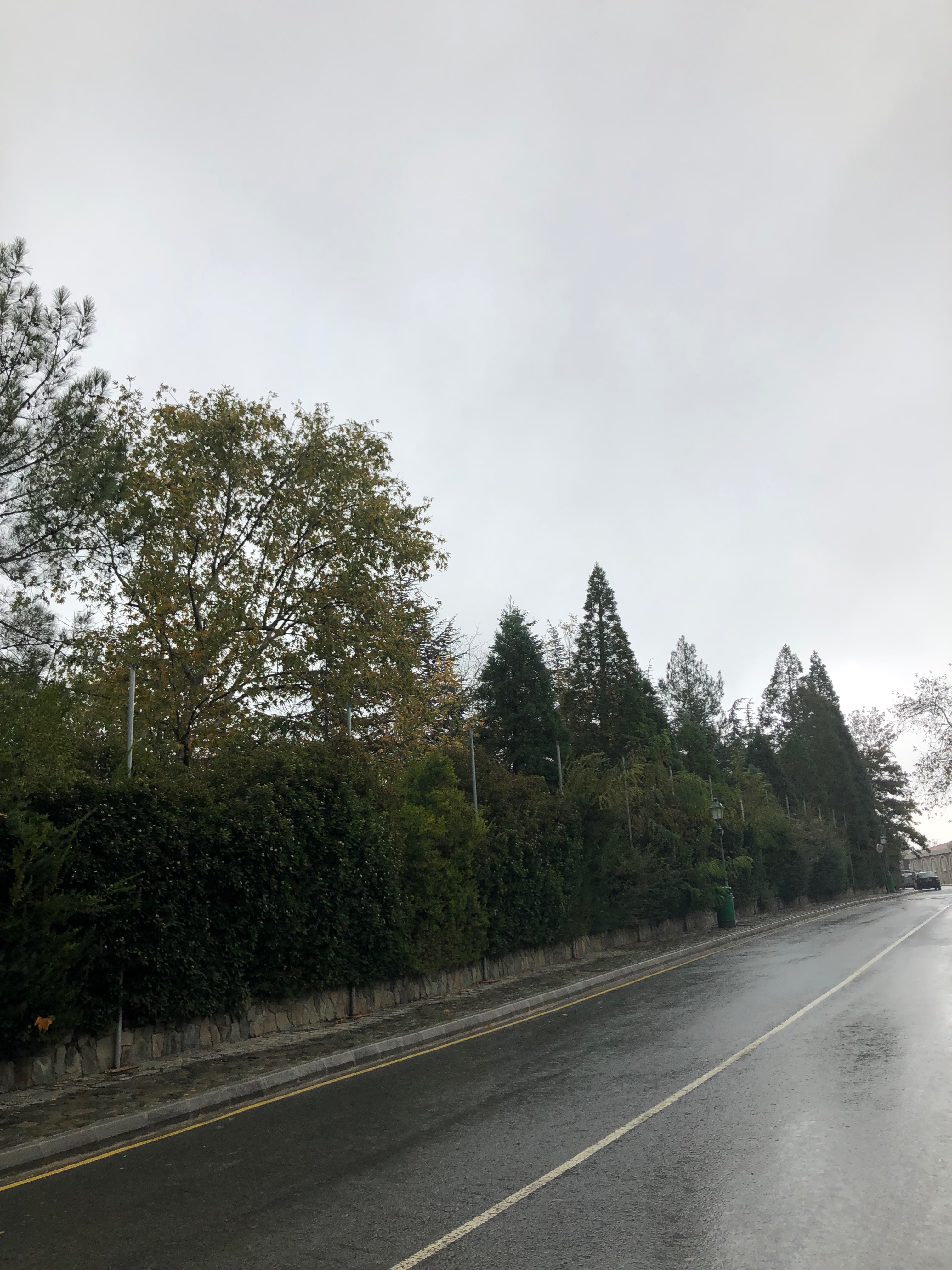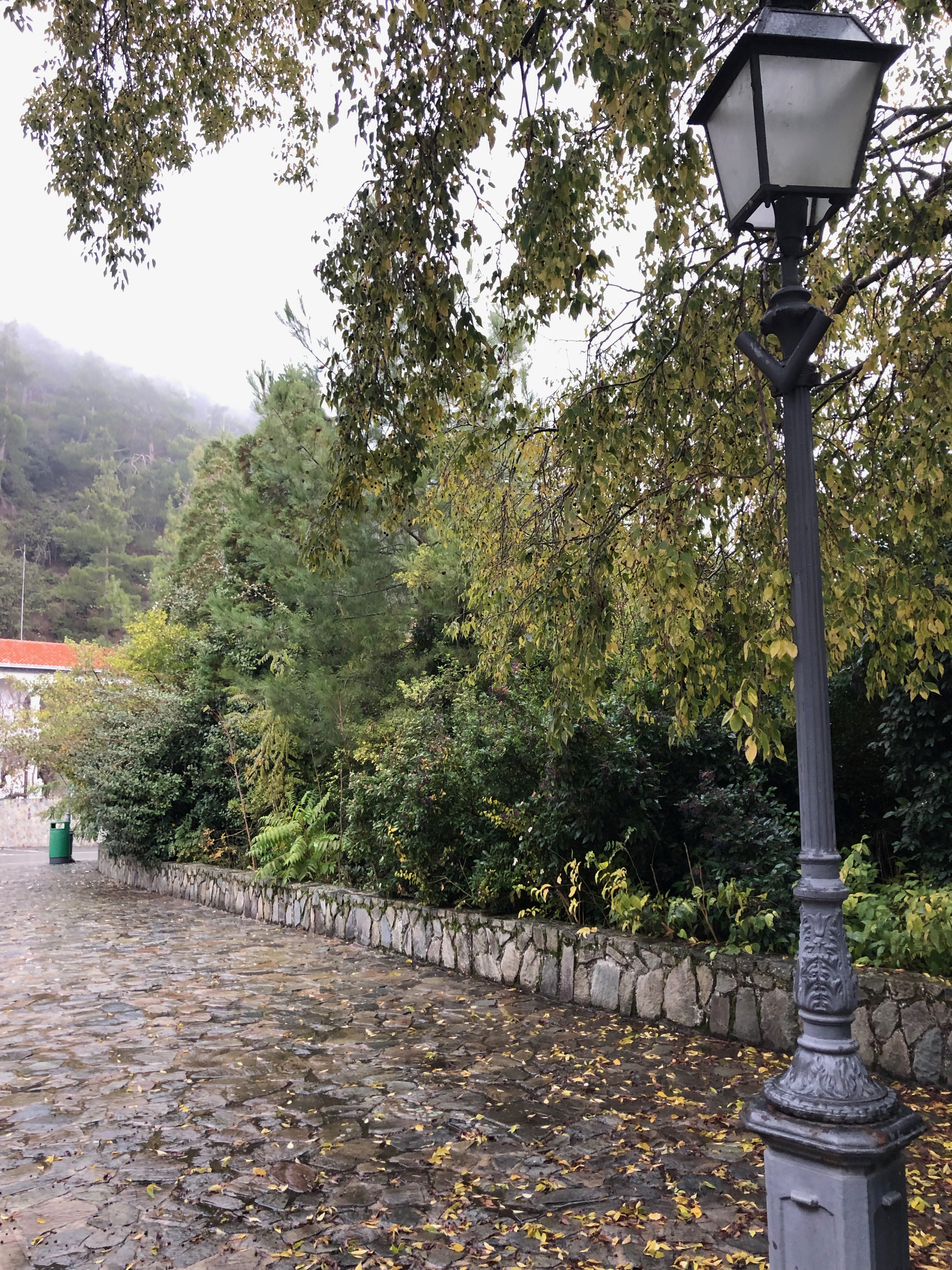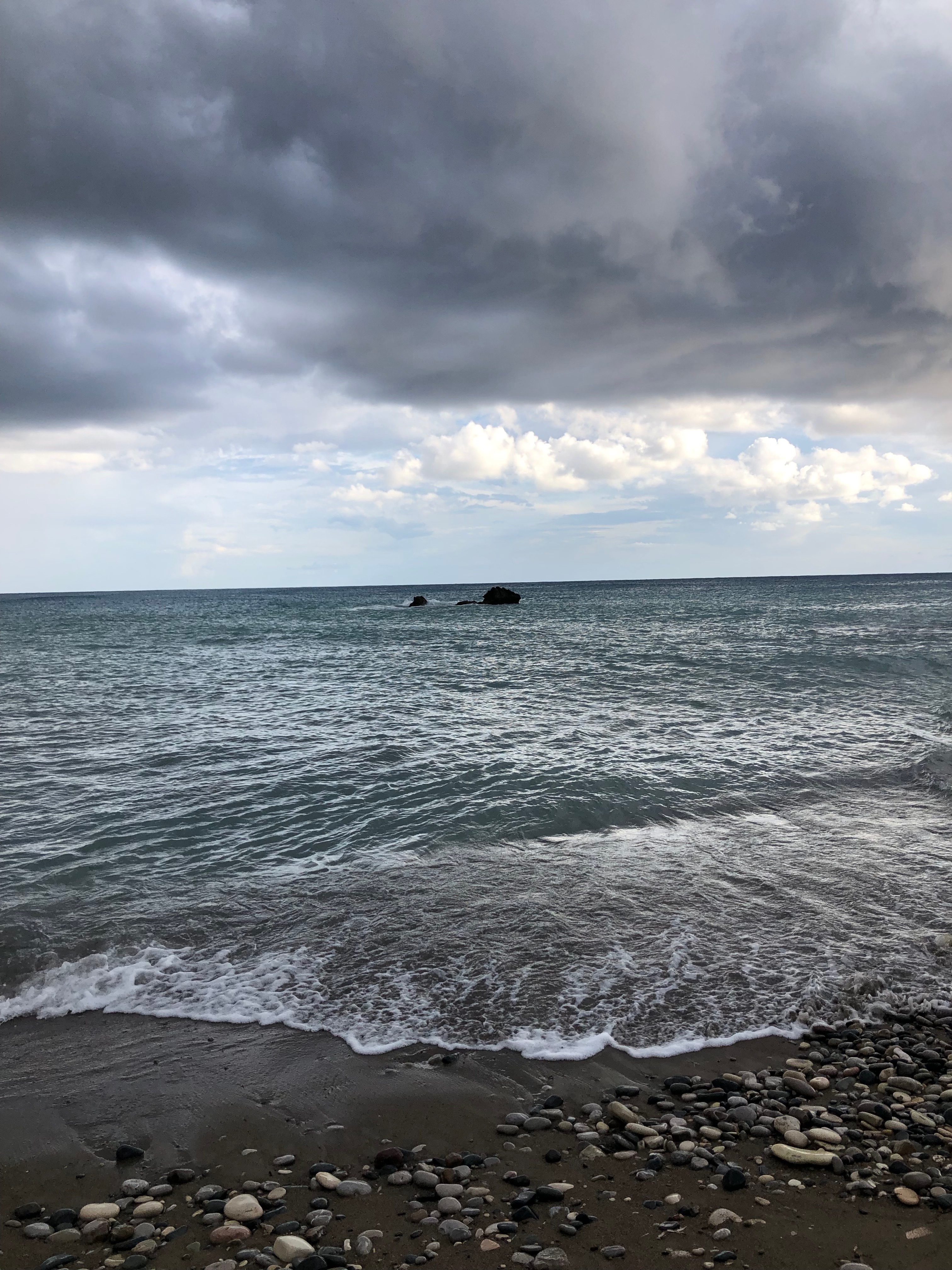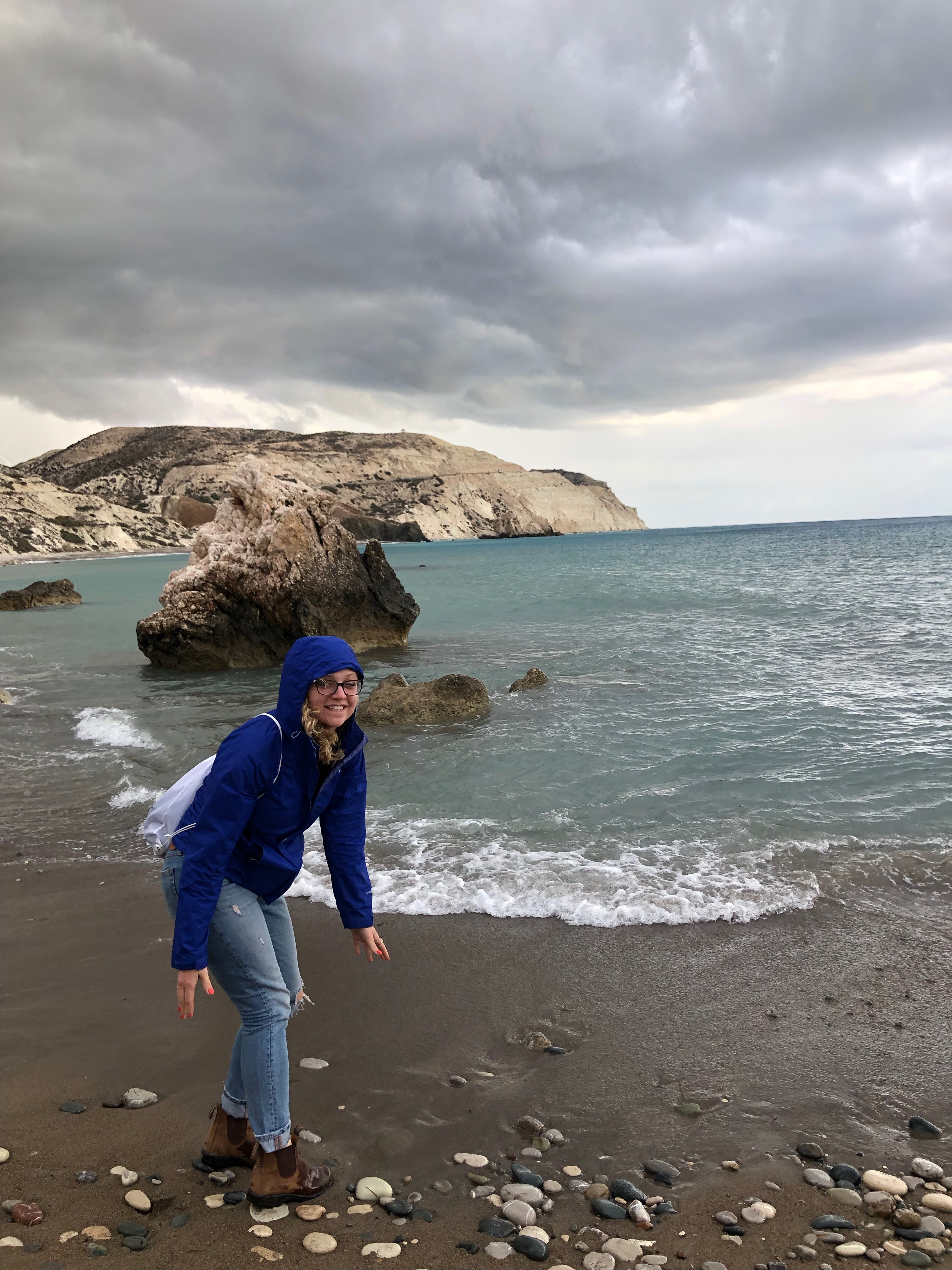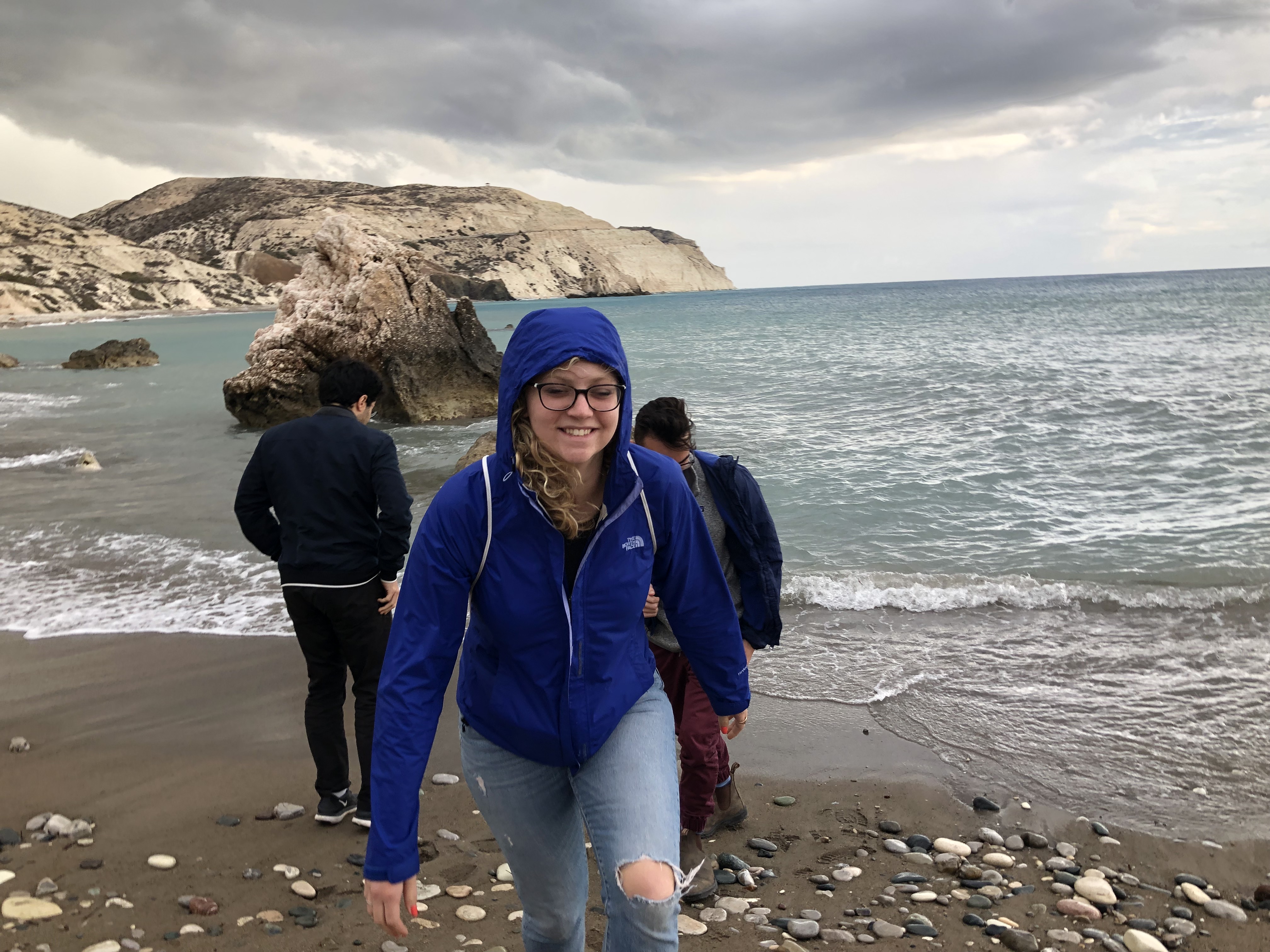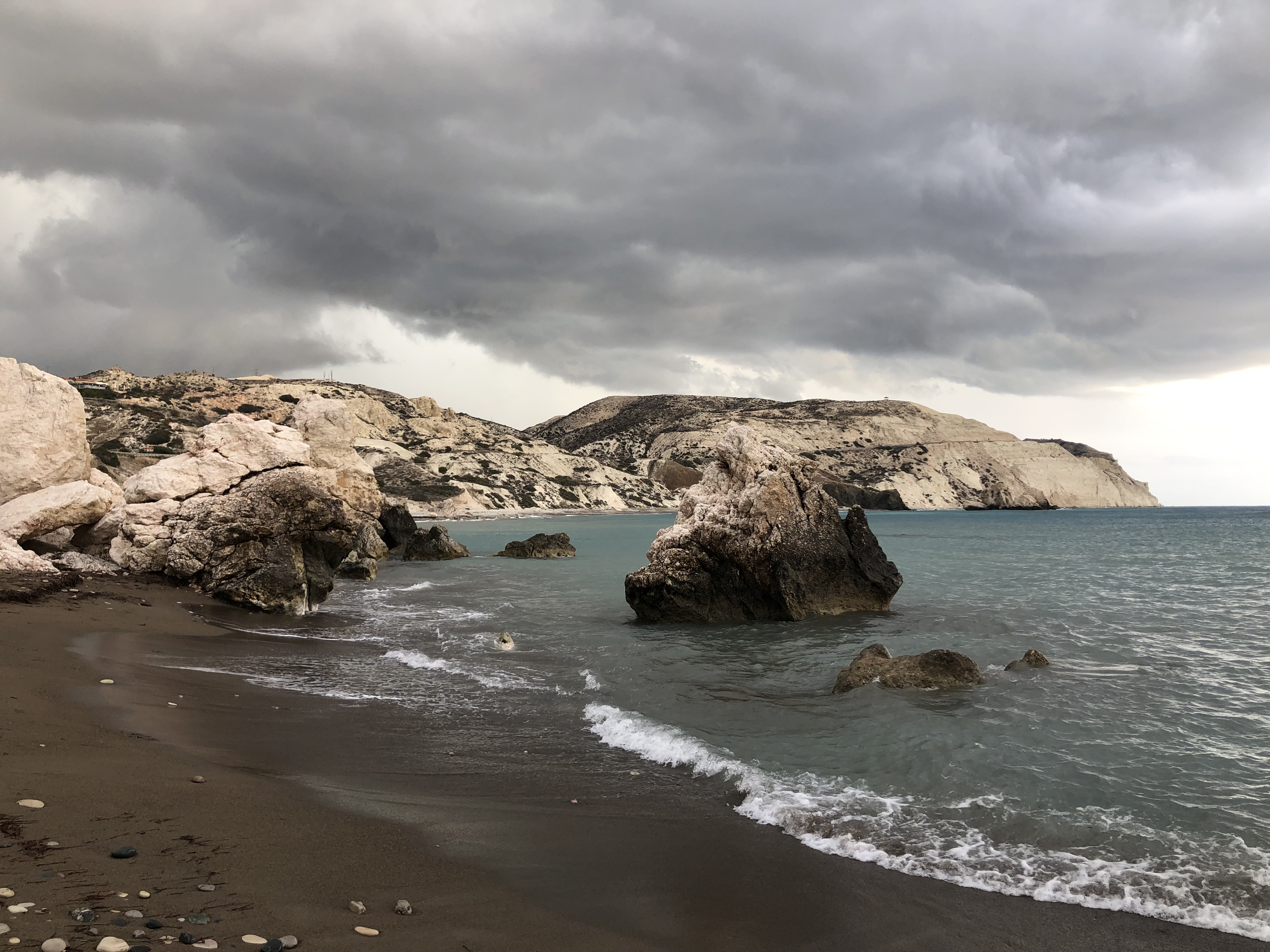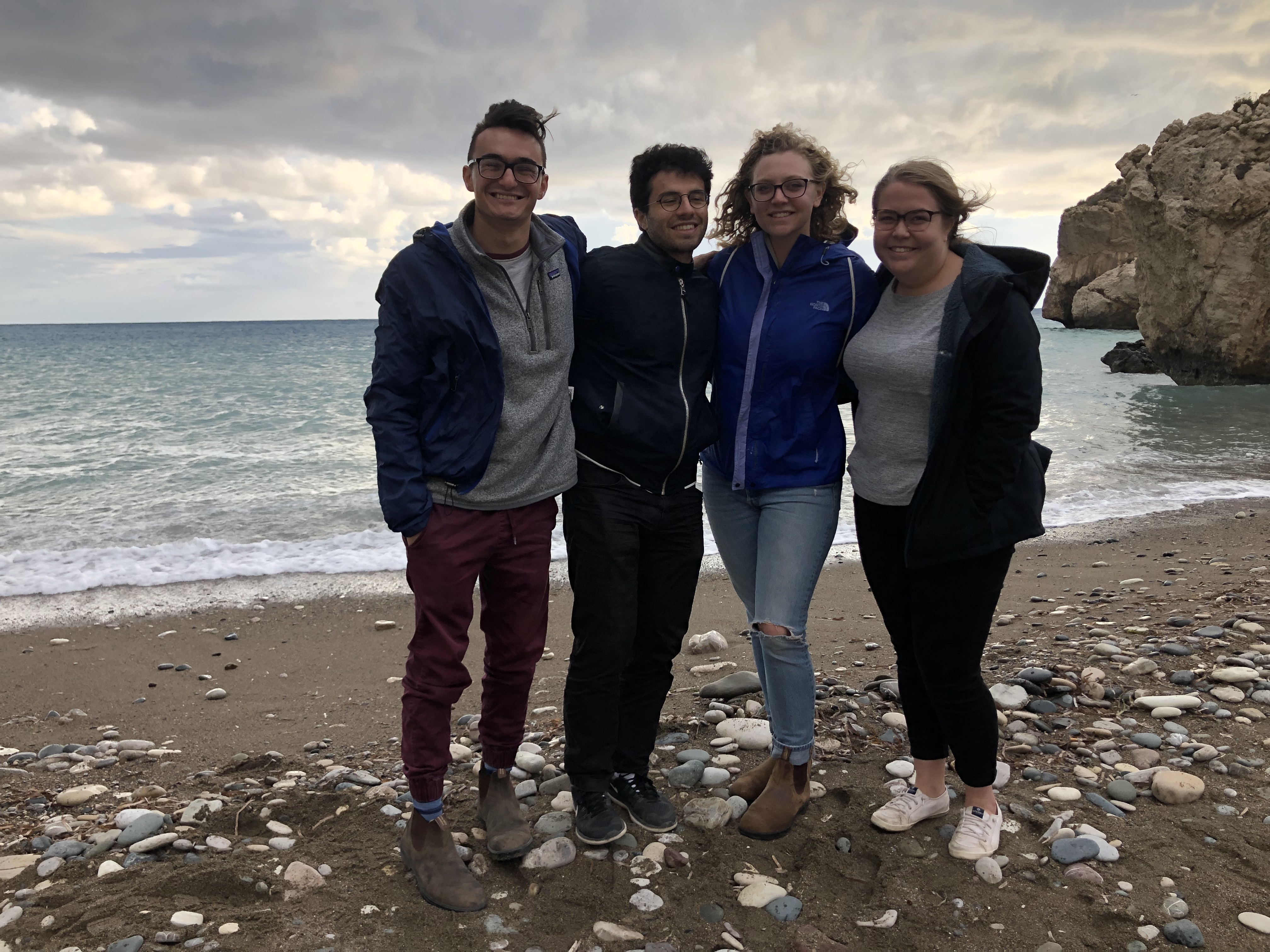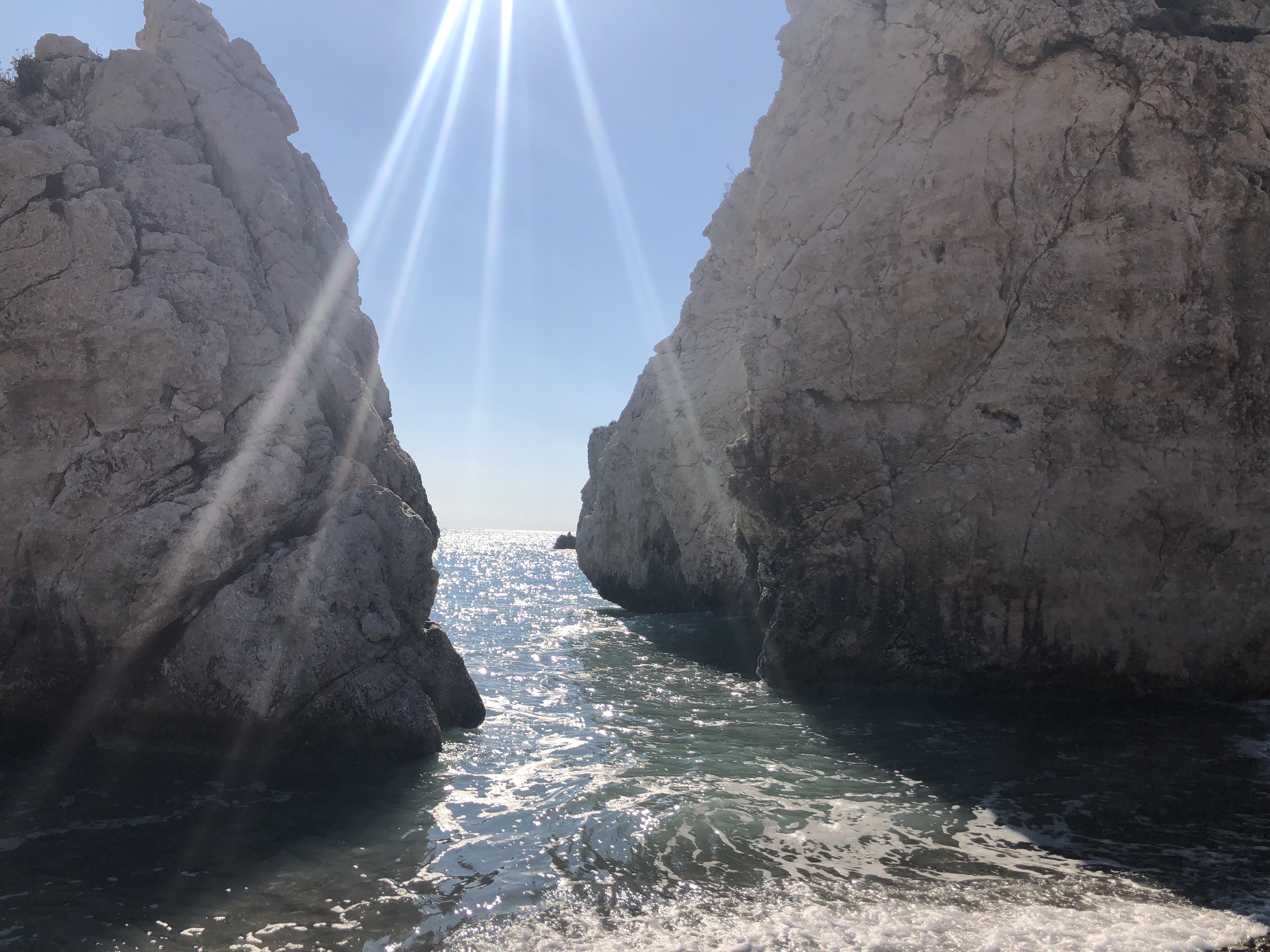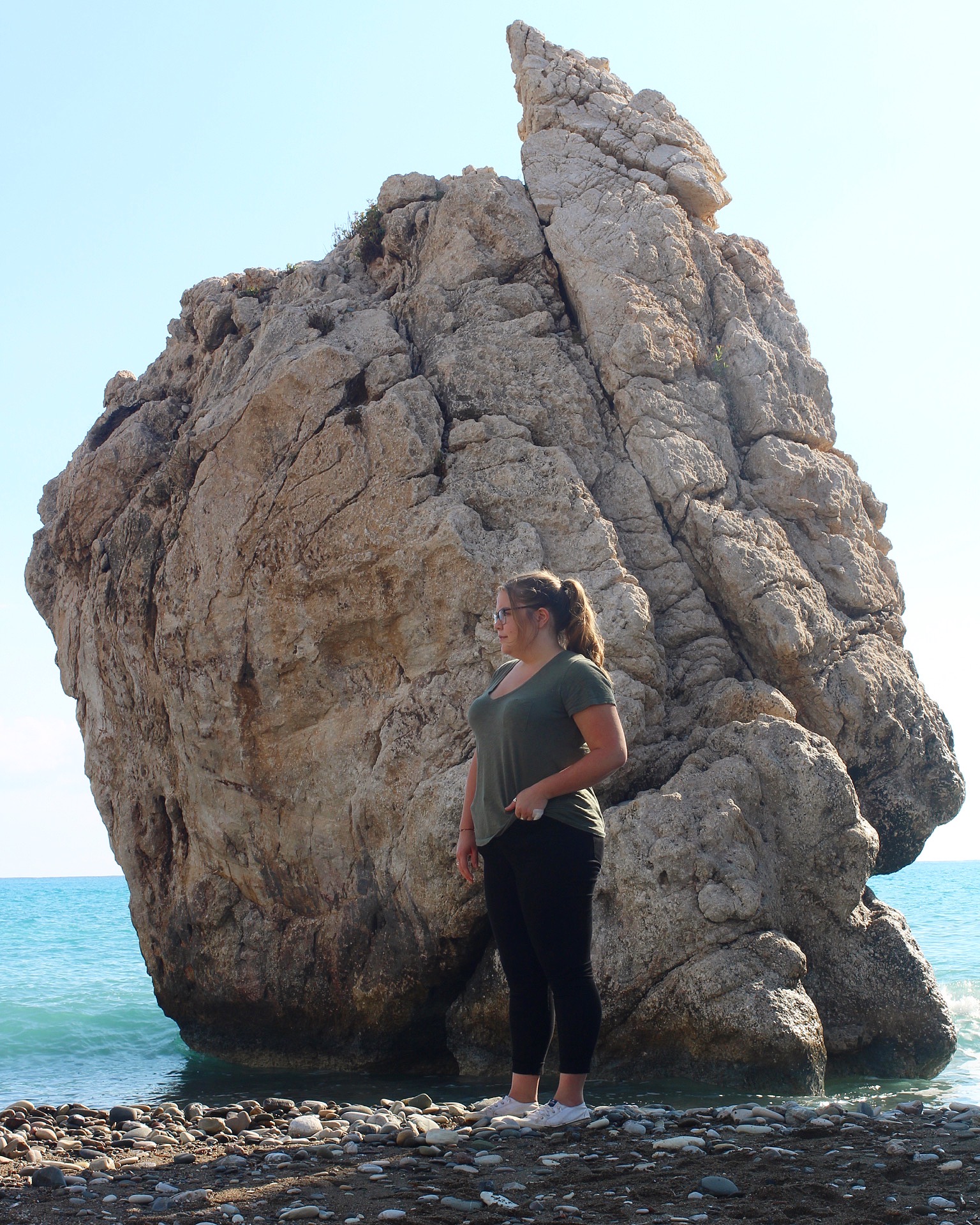When I got back from Birthright in June 2015, I couldn’t wait to talk about the experience with my family and friends. The problem was, when I told some of my friends I had just gotten back from Israel, they didn’t ask did you have fun? They didn’t ask how was it? They didn’t even really want to hear anything I had to say until they could ask:
But… Did you feel safe?
I struggled – and still struggle – to answer that question because I have a gut, instinctive reaction to scoff, but I also completely appreciate the question and understand where it’s coming from.
Due to the media, bias, and just what we hear about the region, people – and no, not everyone, but many – tend to assume the streets of Israel (Jerusalem especially) are filled with violence, soldiers walking around with fully loaded guns, sadness, displacement, and lots and lots of sand. Some of those observations aren’t entirely wrong, but still.
Here’s the thing: Jerusalem is a vibrant city. There’s traffic, concrete everywhere, and people are always in a hurry. At 8:30-9 am, people are rushing to school and to work. There are coffee shops, and shawarma restaurants, on every corner. At night, people go to dinner, drink at bars, go to movies, go to bed. Sound familiar? It should, because I just described every city ever.
Is there more tension here based on a more than 70 year old conflict? Yes. Is the media always 100% wrong when reporting on what’s happening in Israel? No. Is there constant violence and are there attacks going on all the time in Jerusalem or Israel as a whole? Not necessarily (but we’ll get back to that).
Is it safe? I’d say yes.
I was raised to not walk places alone at night, not go to places that felt not right, and just generally look out for things that seem fishy.
And I went to university in a relatively large city. I rarely walked anywhere alone at night. I avoided certain parts of the city. I would turn my music down when walking alone – even during the day – to be sure I could hear my surroundings. I locked my car doors obsessively.
Am I any less aware here than I was at home? Absolutely not. Do I feel less safe here than I did at home? Not at all.
When I walk to work, weekly seminars, shul on Fridays, dinner with friends, the bar that plays American football games on Sundays, I don’t look behind my shoulder at every footstep passing. I smile at people who pass me. I’m honestly more comfortable walking places than getting in a taxi (which might have way more to do with the crippling anxiety I have getting into a car with any stranger where they could turn into an alley or empty parking lot at any point and murder me violently which is an anxiety I have in the States, and everywhere, in Ubers and Lyfts too, but I digress).
It’d be naive to say that I feel completely safe and secure here. Just these past two weeks, Masa restricted travel for Masa participants for safety concerns. This was due to a wave of – and I really hesitate to use this phrase here due to its violent and exceedingly negative connotations – terrorist attacks that were coming out of specific parts of Israel.
Masa has since reversed the restrictions. The restrictions were in place solely for the safety and security of people like me – on a Masa program – because, while we’re here, they’re responsible for us. It’s a little bit like your parents telling you not to cross the street without an adult when you’re a little kid.
And, since I’ve been here, there have been a number of rocket attacks from Gaza in the south. Living in Jerusalem gives me the advantage of feeling pretty okay when that happens since people would be pretty stupid to set fire to Jerusalem – a city coveted by all involved parties. But living in Jerusalem doesn’t alleviate any of the tension that permeates the air when rockets are falling just three hours south of here and a pregnant mother is shot in a drive-by shooting.
I’m not saying this is okay. The Arab/Israeli conflict is complicated and longstanding, and definitely needs a solution so that Israelis and Palestinians don’t have to go through another 70+ years of this.*
I’m just trying to explain – as an American temporarily living in Israel – the situation from my point of view. (And if you don’t want my point of view, you’ve come to the wrong blog.)
What upsets me more than anything – more than if I feel safe, if I’m worried about something happening to me or my friends, if it’s worth it to have this incredible experience – is that Israelis – most of whom were simply born into this circumstance and now have to live in fear for those family members and friends in the army – live this for their whole lives.
I’ll say it again: it’s not okay. But just because there is violence in Israel doesn’t mean I feel unsafe.
I mean, look at the US where people are facing awful, marginalizing, violent situations which I will not get into in this blog post because that’s a whole other story.
Look, Israel and Palestine are at war. And war means violence. War means people are going to get hurt. War is painful, it is gruesome, and it is heartbreaking. But war doesn’t mean living in fear. It doesn’t mean people are living their lives any differently than people are in the states. Like I said, they go to work, they eat, they hang out with friends, they go to bed. Life in Israel is not a constant wait for something to happen, for something to go wrong.
So yes, I feel safe here. And thank you, truly, for asking.
*This blog post was entirely in response to the subject of feeling safe here in Israel. In no way was this a post that intended to address the Arab/Israeli conflict. Perhaps I will write a blog about that one day, perhaps not. Should you wish to ask me about my opinions regarding safety or the conflict, feel free to contact me.
שׁלום

